Our Science curriculum has been designed to build on our children’s cultural capital, through our curriculum drivers, children’s interests and the requirements of the National curriculum to empower our children to develop a curiosity, passion and an enthusiasm for acquiring scientific knowledge, the confidence and competence to apply practical skills and the scientific vocabulary needed to articulate an understanding of Science.
Our Science curriculum provides a coherent, structured, academic curriculum that leads to sustained mastery for all and a greater depth of understanding for those who are capable. It sets out a clear list of the breadth of topics that will be covered for each year group which ensures each teacher has clarity as to what to cover, the threshold concepts children should understand, criteria for progression within the threshold concepts and criteria for depth of understanding.
Our Key Scientific concepts: working scientifically, biology, chemistry and physics are organised into knowledge categories and explored through our scientific topics therefore ensuring clear intra-curricula links so that children are able to return to the same concepts over and over so they gradually build a secure scientific understanding.
Our Science milestones define the standards for the threshold concepts. We expect children in year 1 of the milestone to develop a basic understanding of the concepts and an advancing or deep understanding in year 2 of the milestone.
In KS1 science is taught as a discreet subject on a weekly basis. Topics have been interleaved with each other throughout the year as cognitive science research identifies that interleaving and the frequent retrieval of previously learnt content aids long term retention. Our science topics are revisited in both years, in each key stage so they are built upon across the key stage to ensure progression and enable children to build a scientific schema and move their learning from working in to long term memory.
Scientific activities are planned for within our continuous provision which enables application and replication of scientific knowledge taught in different contexts, with pertinent cross curricula links, offering a more open ended approach to learning which challenges and empowers children to demonstrate their learning in imaginative and different ways. It also builds on previously taught knowledge, both day-to-day and across year groups. It supports the needs of the less knowledgeable children but challenges those more knowledgeable children.
The impact of our curriculum is that by the end of each milestone, the vast majority of children have sustained mastery of the content, that is, they remember it all and are fluent in it; some children have a greater depth of understanding. We track carefully to ensure children are on track to reach the expectations of our curriculum through our Proof of progress, (POP), tasks. POP tasks are categorised into 3 cognitive domains; basic, advancing and deep.
Possibilities:
We are passionate about ensuring that even from a young age our children are exposed to a range of possibilities to broaden their aspirations and develop a strong sense of ambition. Therefore our science curriculum has been designed to give our children exposure and experiences to many career paths that they could take in the scientific world. These include medical professions, farming, gardening, food industry, animal researchers, and roles within the environmental sector.
Environment:
Our science curriculum has been designed to broaden their understanding of the world around them. They will form a sense of respect and care for the natural environment so they have a clear understanding of their role and the impact they can have on both local and global issues.
Diversity:
Our children enter school with a secure sense and knowledge of their own identify. We aim to build on this with an emphasis on celebrating their uniqueness. We teach and promote an ethos of valuing and respecting the individuality and cultural differences of all people both locally and globally. When looking at and designing our science curriculum we included a range of career paths that involves people from a diverse range of backgrounds gender and culture. From this our children will then become positive global citizens where they will value and respect the individuality and cultural differences of all people both locally and globally as well as broadening their horizons and extending their boundaries.
Nursery - In Class Learning 2023-2024
Nursery children have enjoyed making pancakes and learning about pancake day. They used their senses to smell and feel the ingredients and then tasted the cooked pancakes. They observed the changes that occurred when the ingredients were mixed together and when the runny mixture turned into a solid pancake when heated in the frying pan.
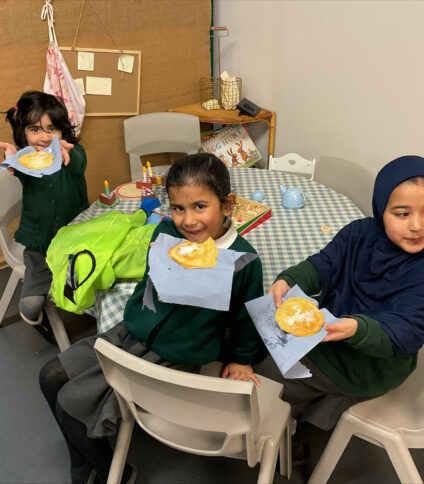

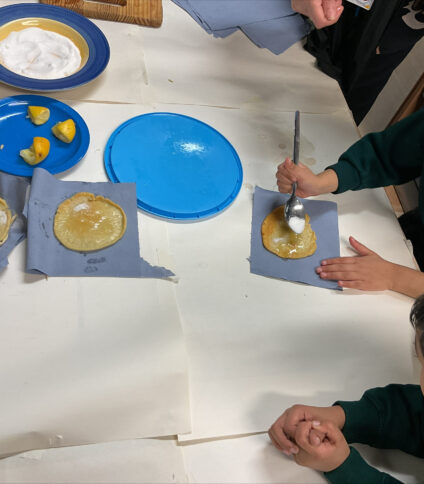


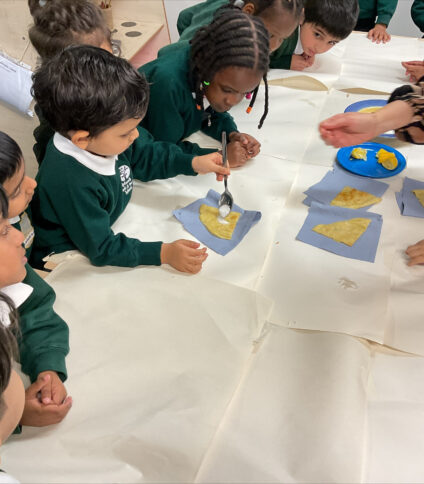


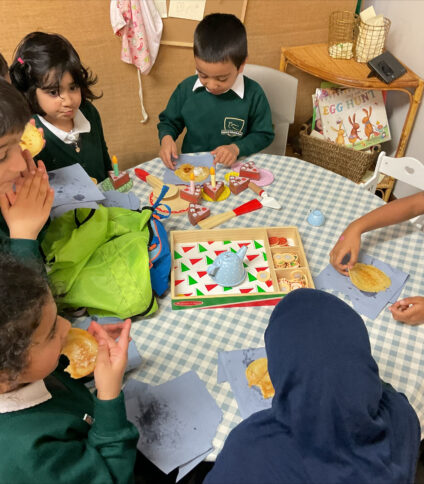


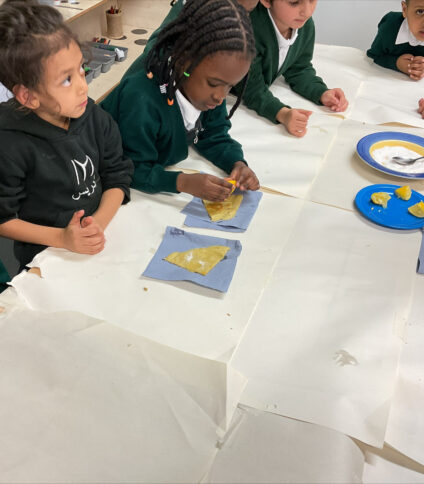


Reception - In Class Learning - 2023-2024
Reception children have had lots of fun making pancakes this week. We spoke about the ingredients that went into the pancakes and mixed them together to make the pancake mix. We also spoke about the changes from liquid to a solid. Children then went onto making their own pancakes using the play dough. Our favourite part was eating the pancakes.














Year 1 - In Class Learning - 2023-2024
Last half term the children were learning about the different everyday materials we use and see all around us. We learnt about wood, metal, plastic, fabric and glass. This half term the children have been describing the materials using their physical properties. For example: hard, soft, waterproof, shiny, dull, bendy, etc. In these photos you will see the children sorting different everyday materials according to their physical properties.


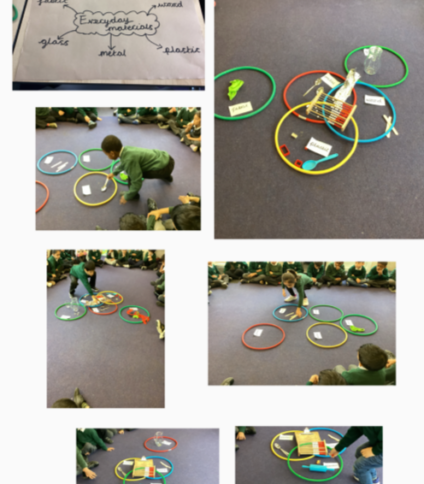

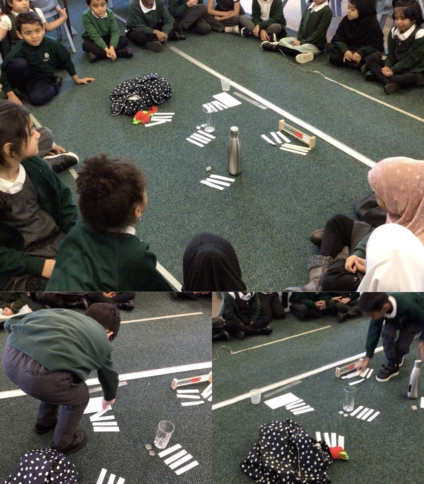

Year 2 - In Class Learning - 2023-2024
In science we have been looking at plants. We looked at what makes the leaves change colour in autumn. We found out that leaves have the autumn colours all year around but leaves appear to look green because of the green chlorophyll that appears on top. When autumn comes the pigment falls away and the true colours underneath appear. We then conduced a switch leaf experiment to see the green chlorophyll be stripped away.
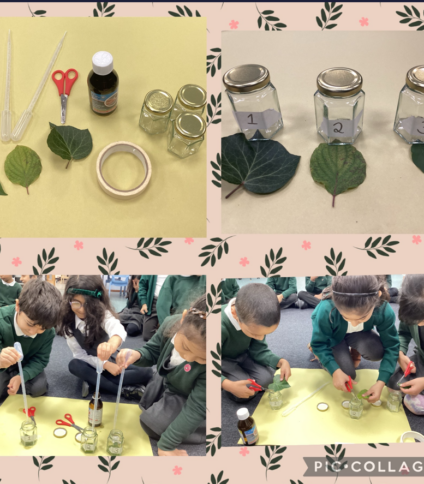

We have also been learning about bulbs. We carried out an experiment about which environment is best suited for bulbs to grow. We decided to place one of our plant pots in the cupboard, outside and in the classroom. We then made a prediction about which plant would grow the best.
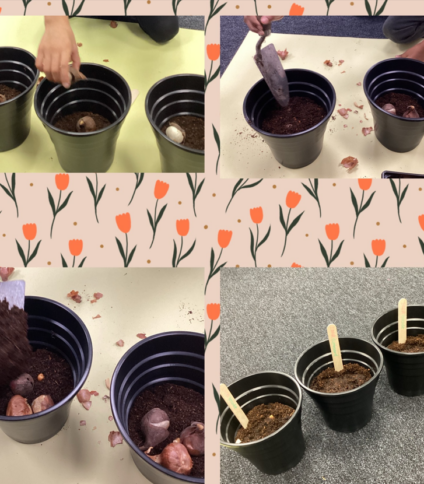

2022-23
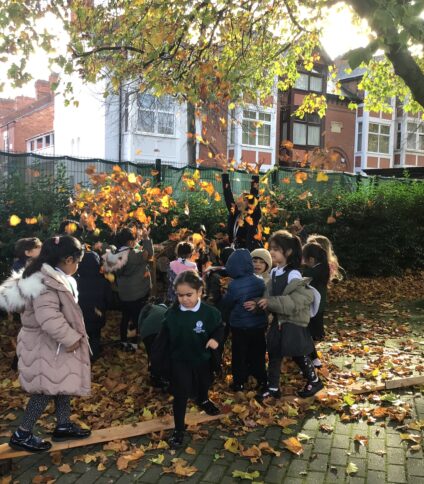


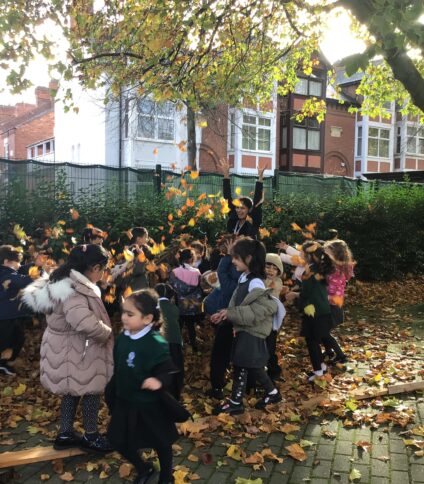


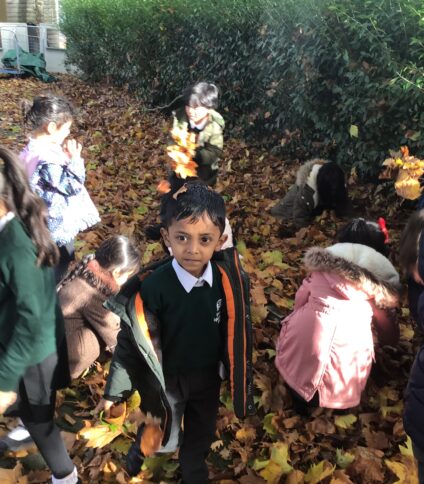


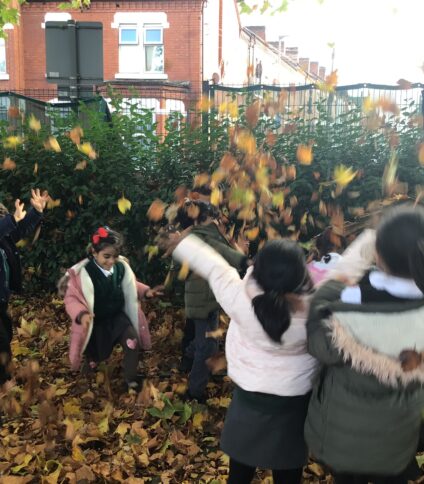


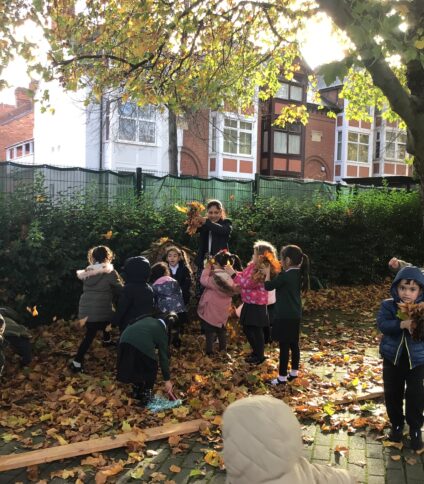


Early Years visited Spinny Hill Park to look for signs of Autumn. The children enjoyed looking at the leaves and talked about the different colours they could see. The children also noticed that some trees had green leaves. They questioned why the leaves were still green on the evergreen trees. In addition, the children looked at berries and enjoyed watching the squirrels. After a beautiful Autumnal walk, the children couldn’t resist having a play on the play equipment. A big thank you to all the parents who helped.
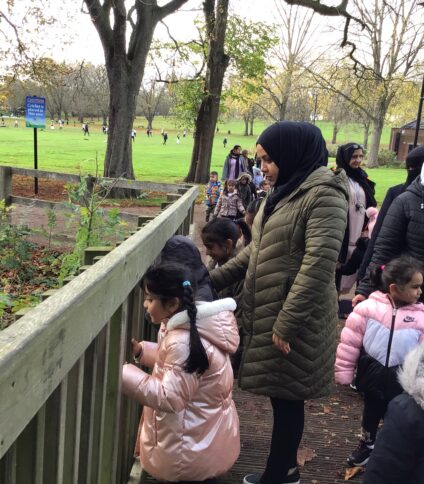


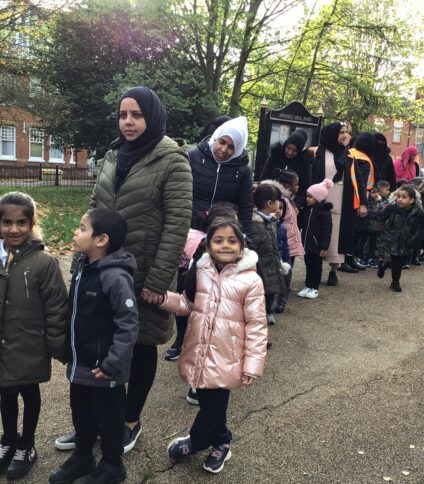


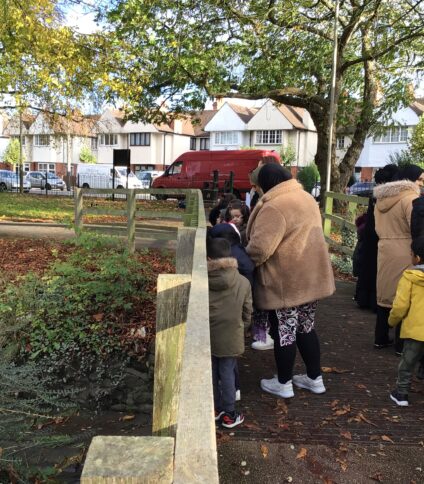


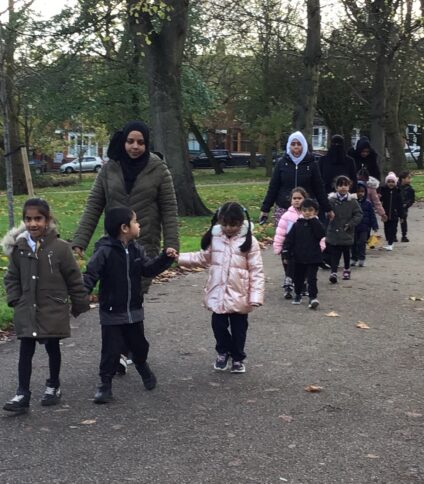


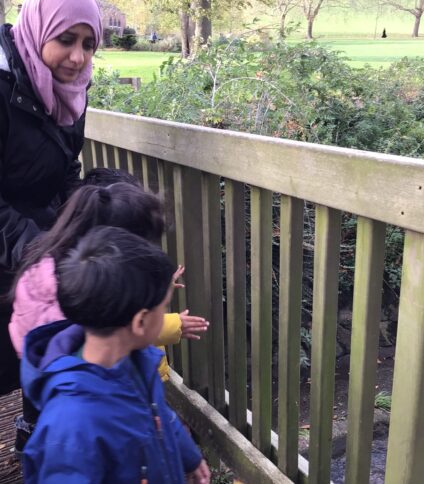


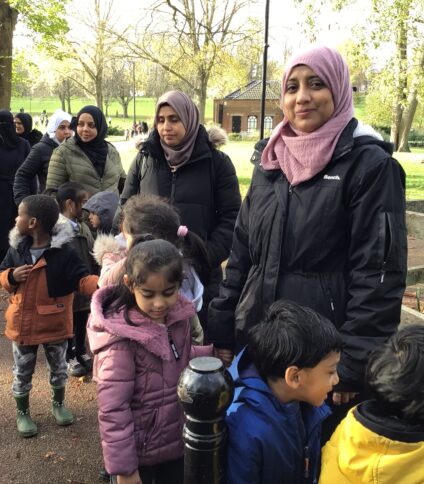


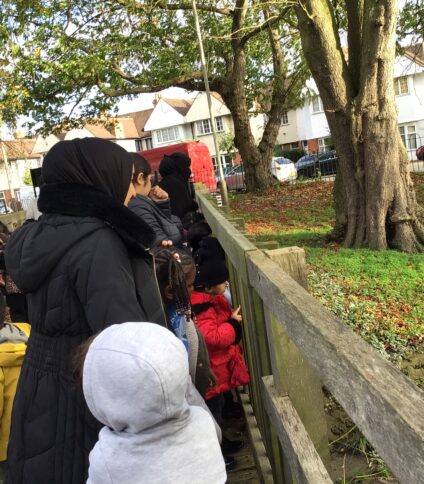


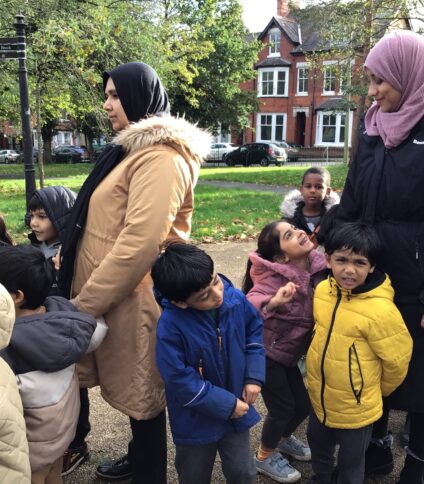


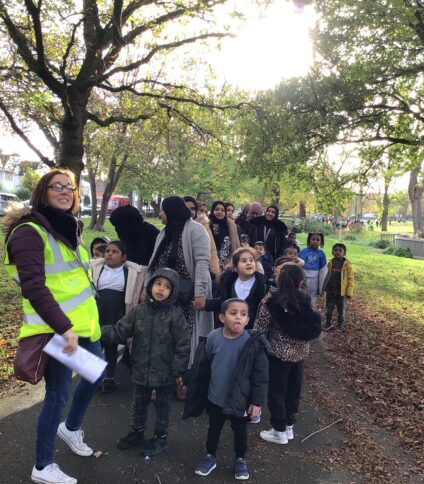


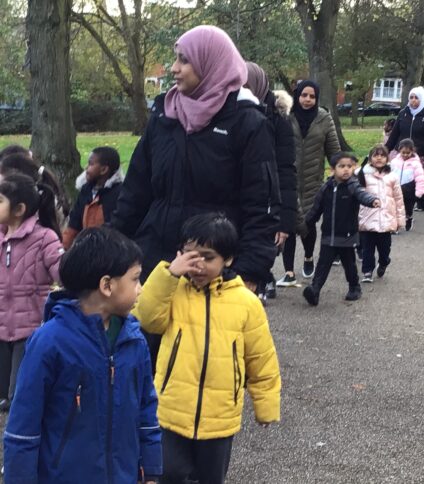


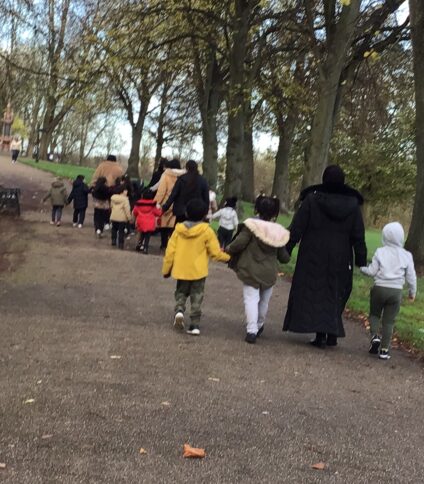


Exploring Icy Weather
Nursery children have noticed the weather has changed, it has become very
cold and we are now having to wear our coats, hats, scarves and gloves every
day. When walking to school and when the children got to school the ground
was covered in frost. They have continued to explore and develop their
curiosity of the natural world around them by feeling and touching the frost
with their feet and fingers. The children enjoyed making patterns in the frost
and listening to the crunching sound it made when the children walked on it.
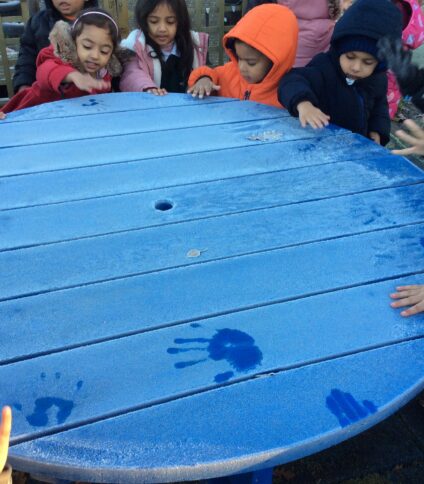

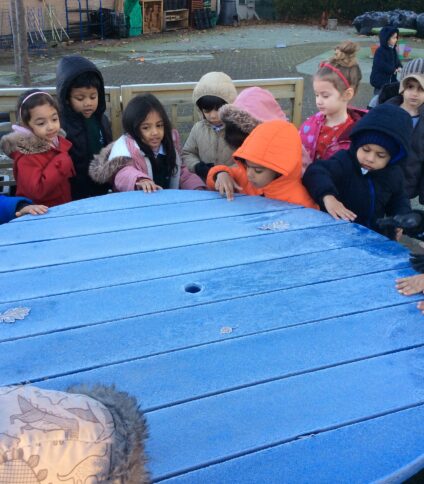

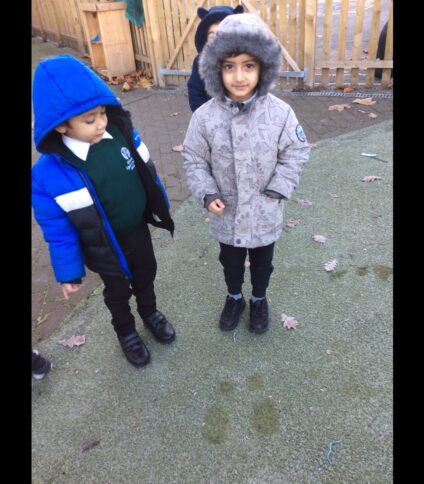

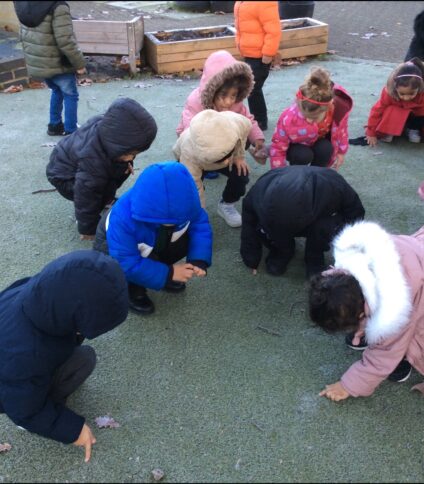

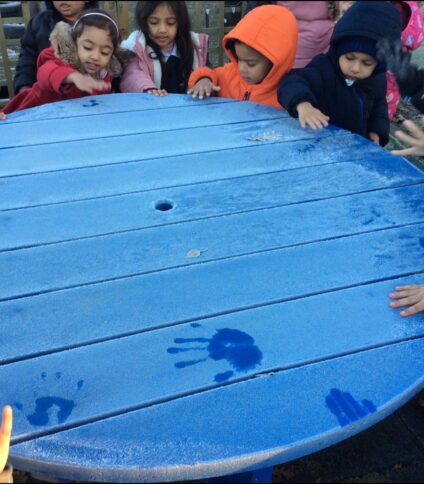

Making Hot Chocolate
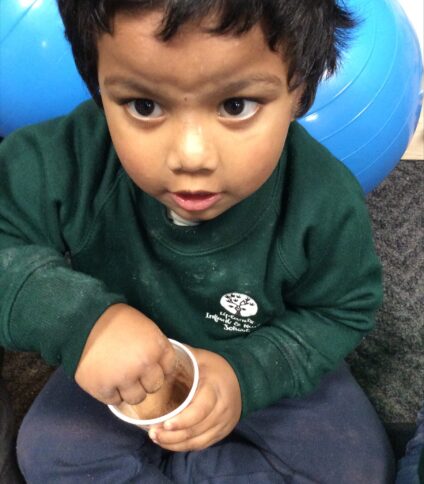

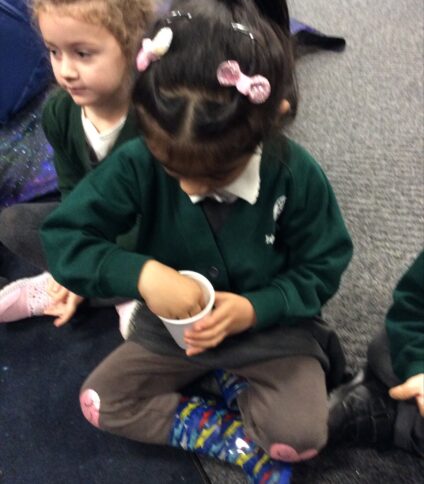

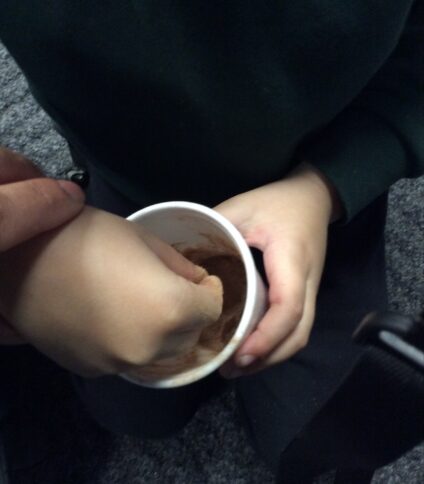

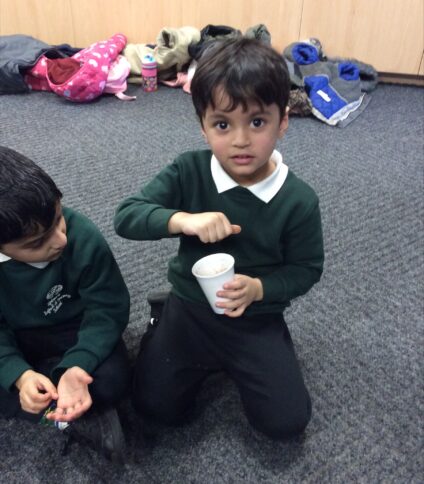

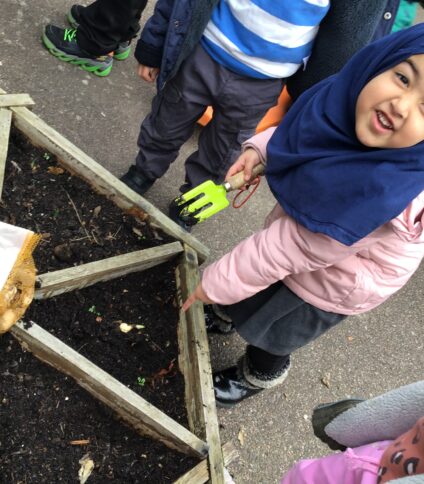

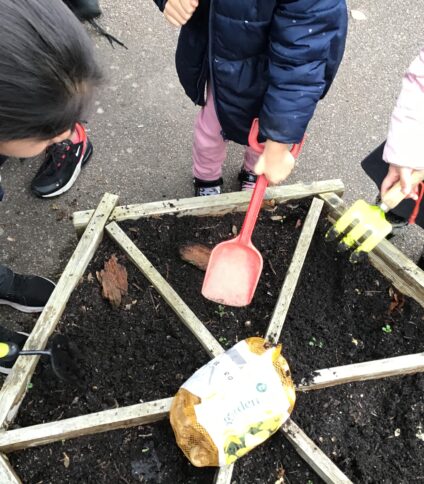

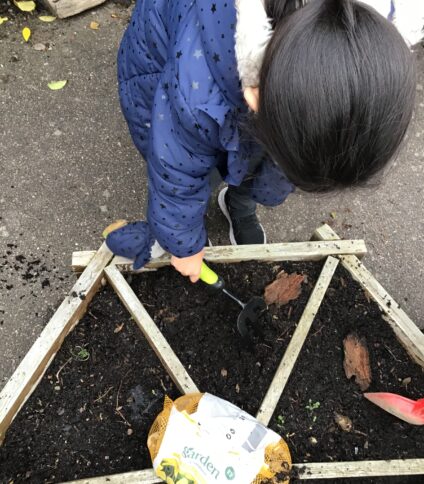

Look who came to visit our Nursery!!! The children have truly shown how kind and caring they are when the baby chicks came to visit. They observed carefully how the chicks hatched from the eggs and noticed how they grew and changed while they were with us. Before the eggs had hatched the children had some great ideas of what was inside the egg, they predicted that there might be crocodiles, crabs, dinosaurs, robins, tadpoles or maybe penguins inside
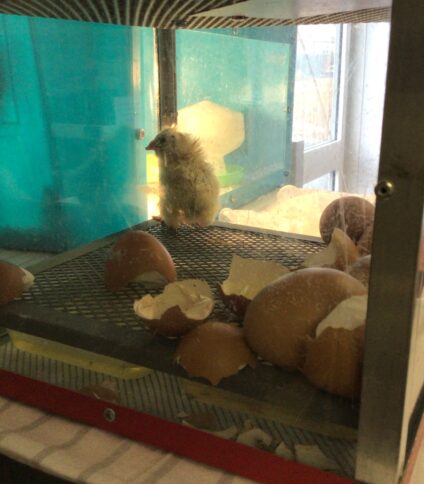

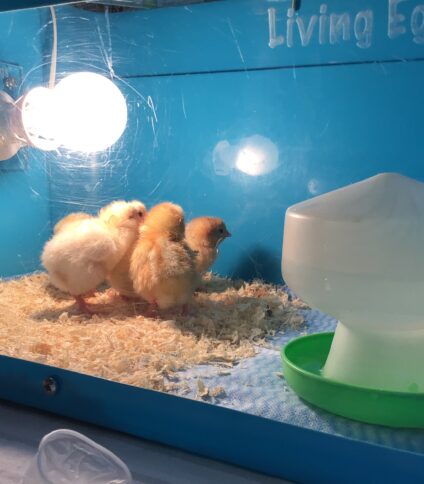

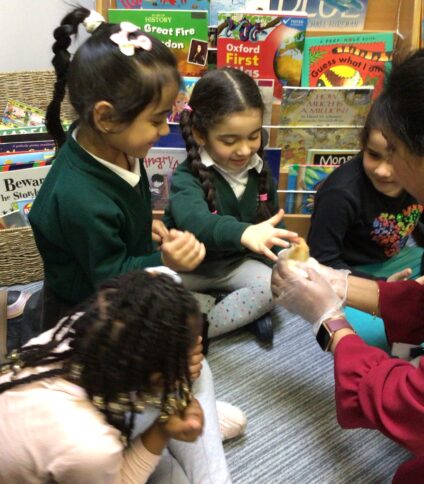

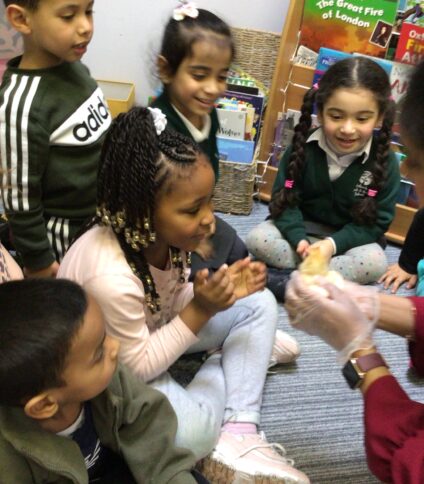

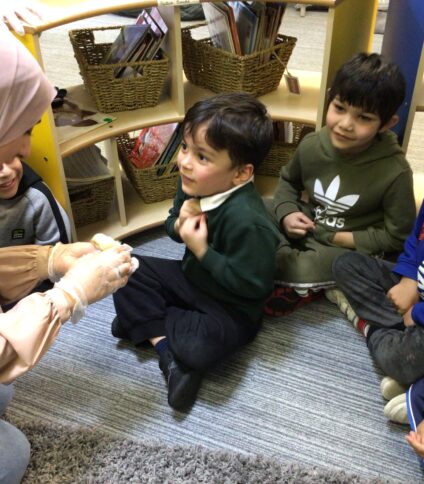

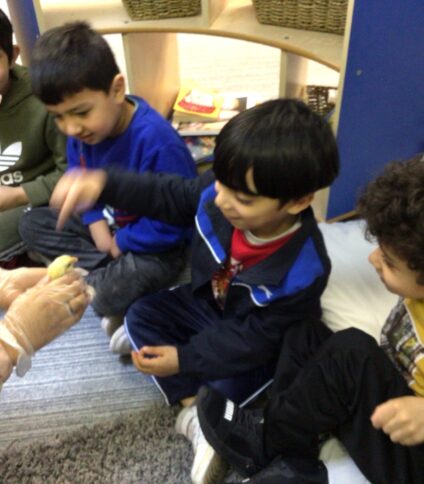

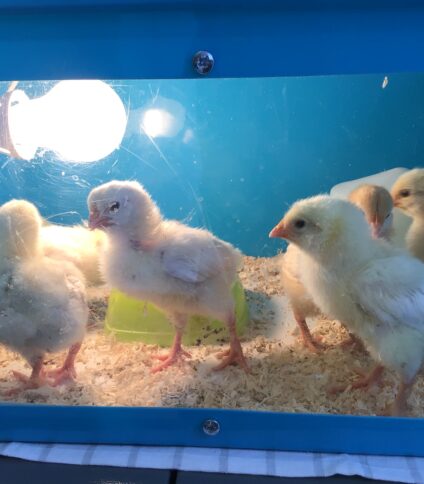

Nursery children have enjoyed making pancakes and learning about pancake day. They used their senses to smell and feel the ingredients and then tasted the cooked pancakes. They observed the changes that occurred when the ingredients were mixed together and when the runny mixture turned into a solid pancake when heated in the frying pan.
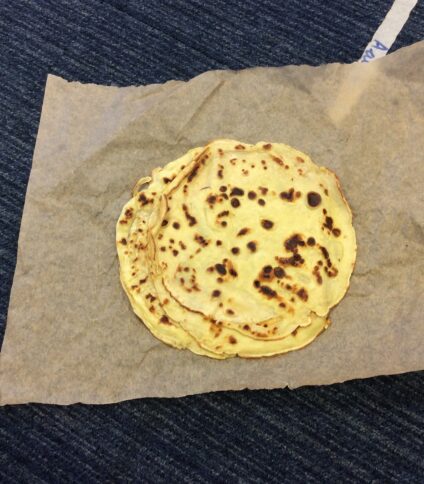

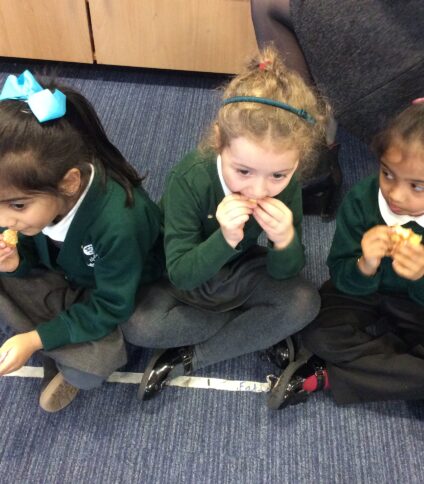

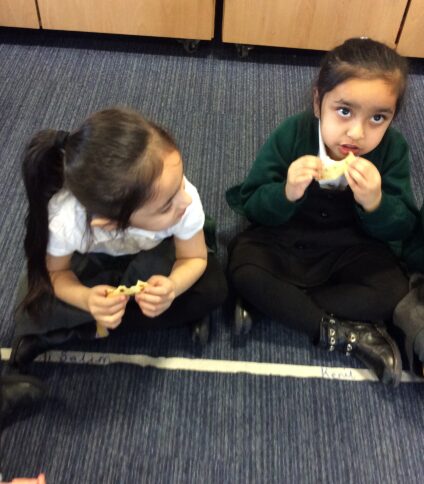

Shadows and Light
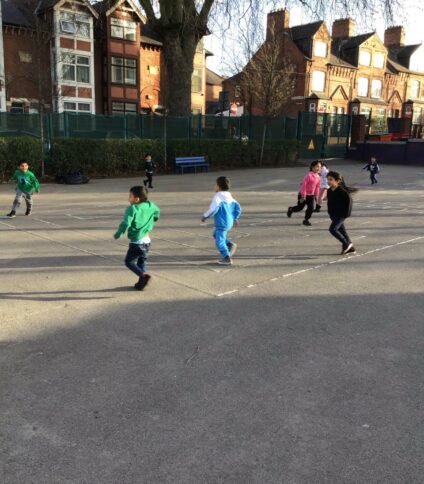


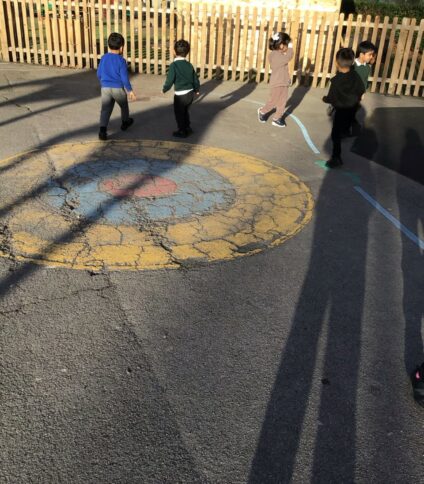


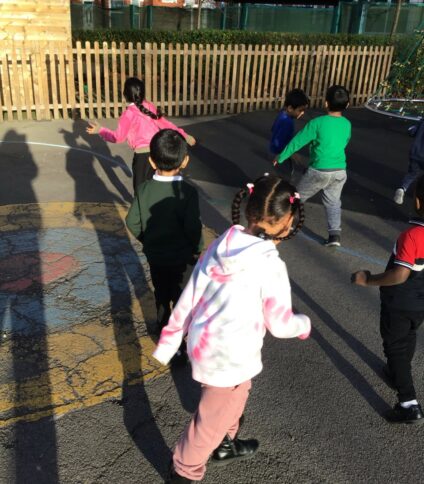


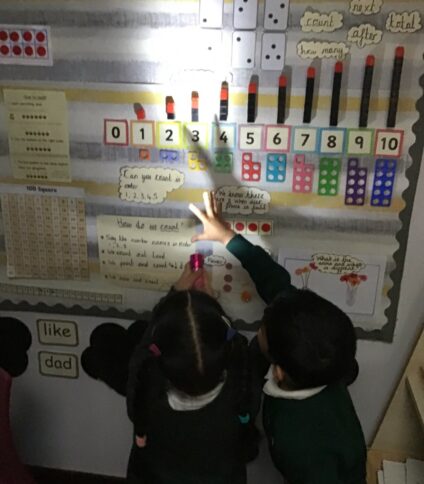

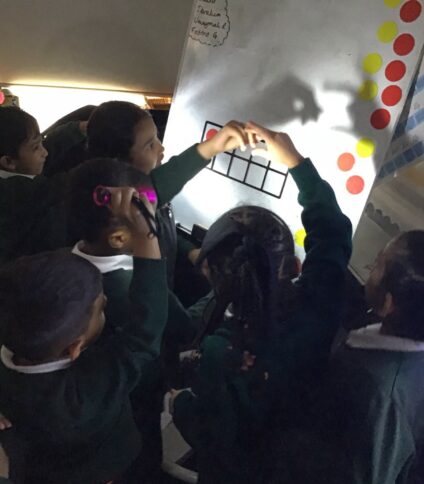


Nursery have continued to develop their observational skills to notice the changes that occurred when they heated chocolate in the microwave. They used their senses to feel, smell and taste the choclate. The children used words, melted, runny, hard, smooth to talk about the chocolate. They then made chocolate nests. Yum Yum
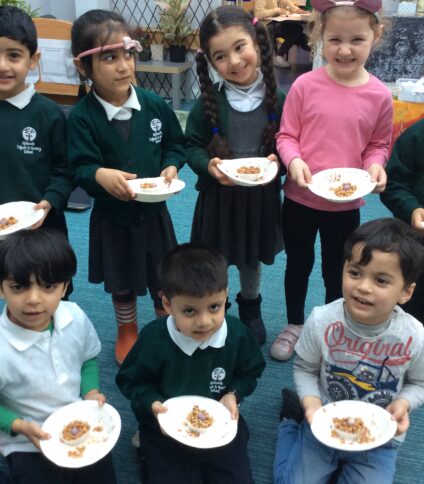

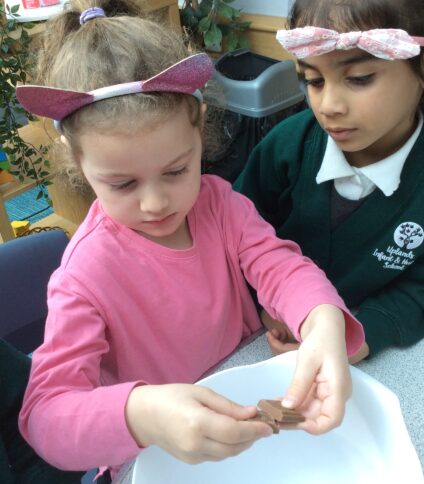

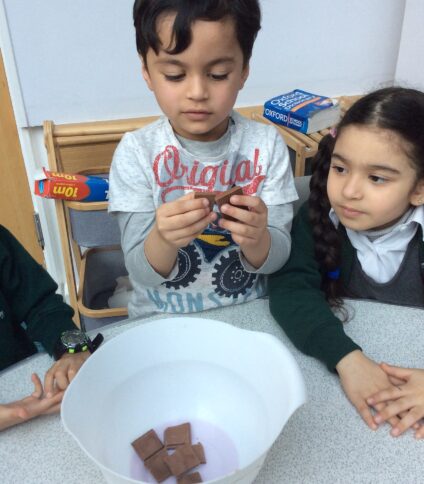

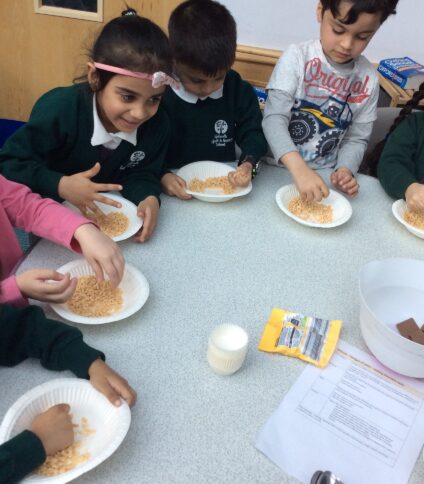

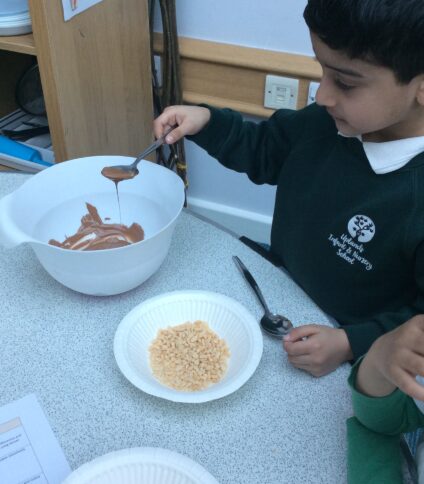

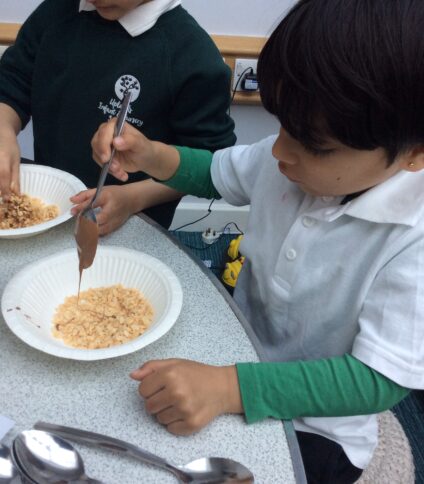

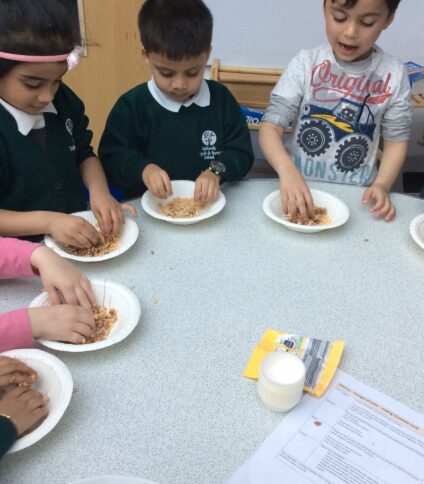

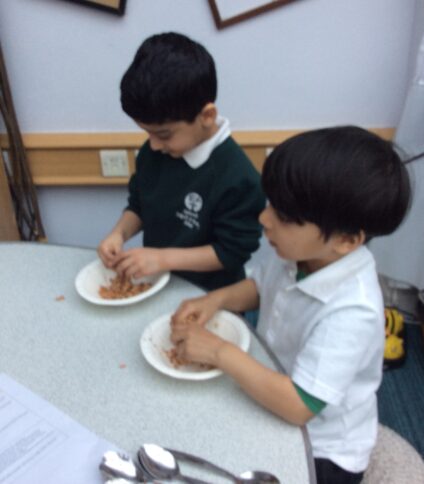

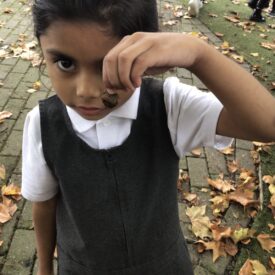

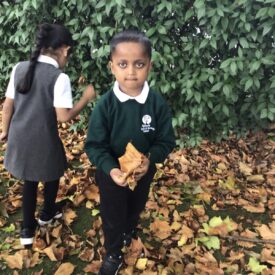

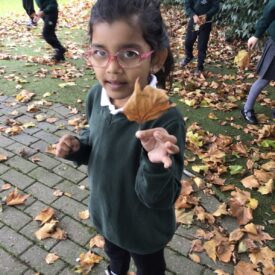

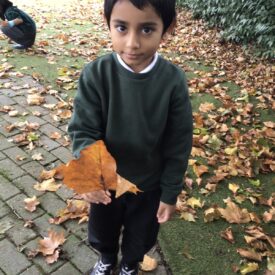
















Early Years visited Spinny Hill Park to look for signs of Autumn. The children enjoyed looking at the leaves and talked about the different colours they could see. The children also noticed that some trees had green leaves. They questioned why the leaves were still green on the evergreen trees. In addition, the children looked at berries and enjoyed watching the squirrels. After a beautiful Autumnal walk, the children couldn’t resist having a play on the play equipment. A big thank you to all the parents who helped.

































Planting
Reception children have been developing their observational skills to talk
about the bulbs and what they need to grow. They spoke about how the
weather is too cold for anything to grow and in the springtime when the
weather is warmer the bulbs will grow into plants. They have predicted what
will happen and how.
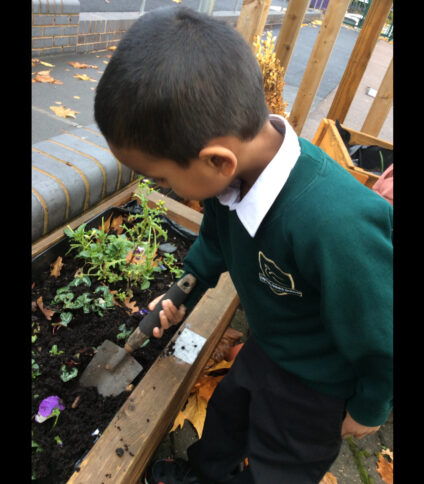

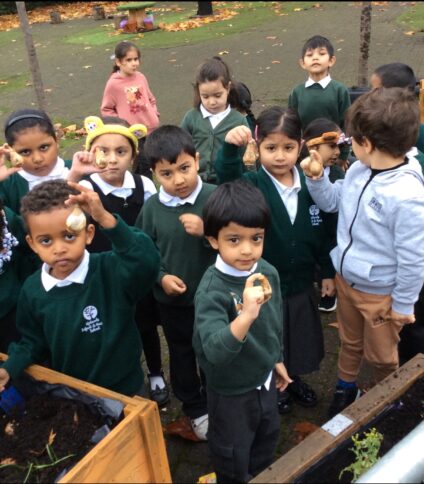

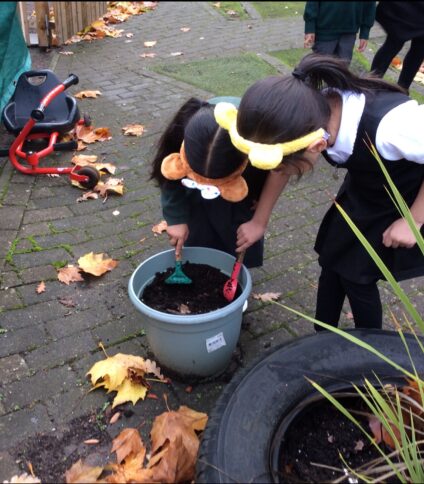

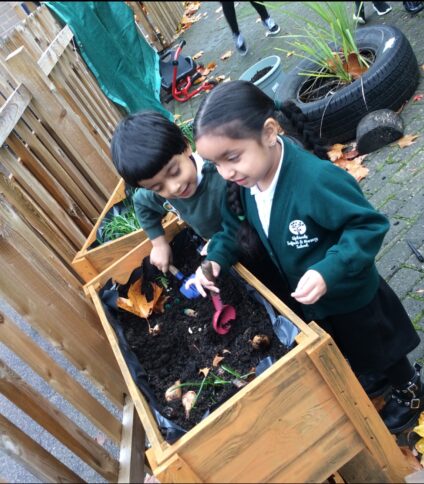

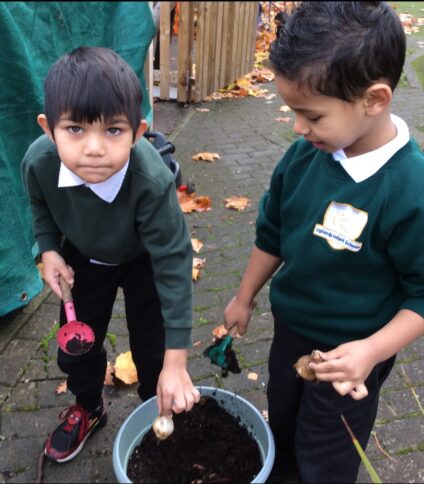

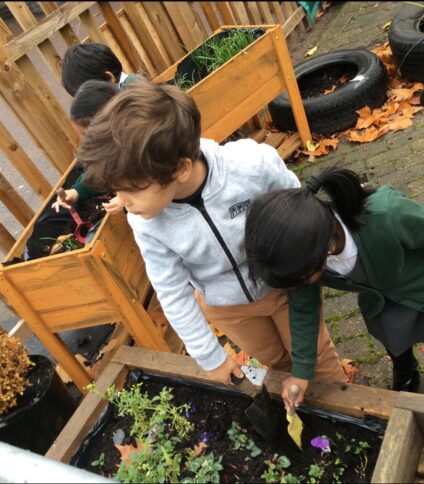

Making Hot Chocolate
Children have enjoyed learning how to make hot chocolate. They predicted and talked about how the powder would change the milk brown and chocolatey. They used their senses to smell, feel and taste the powder and milk. They talked about how the powder had dissolved into the warm milk. The milk had to be warm for the powder to dissolve.
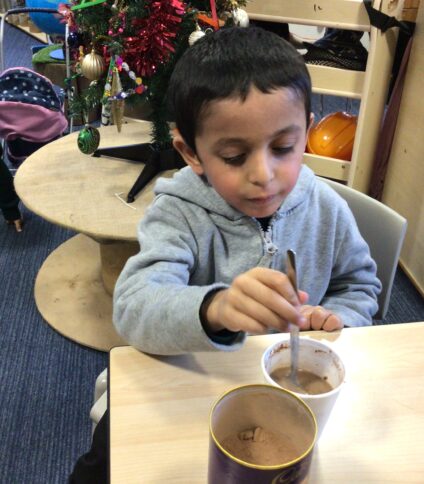

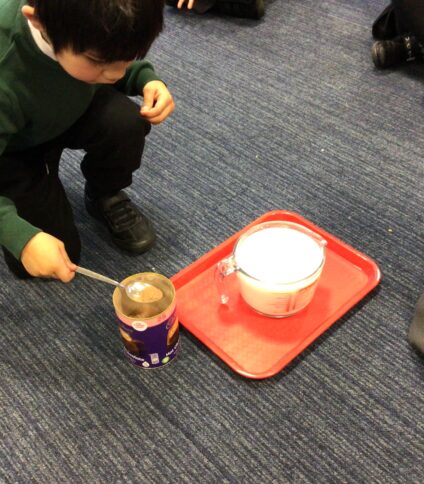

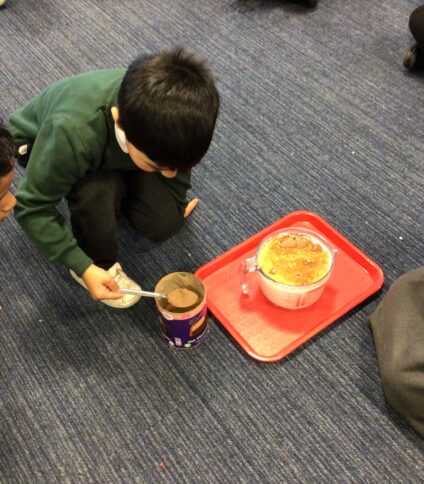

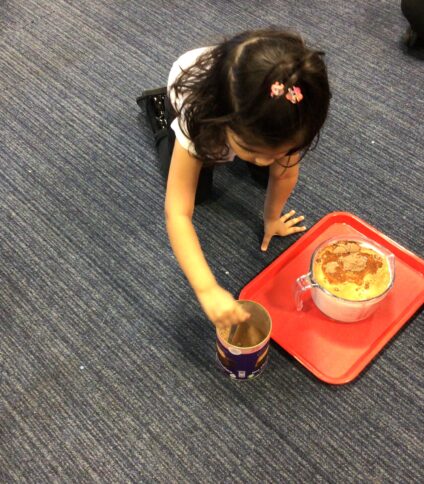

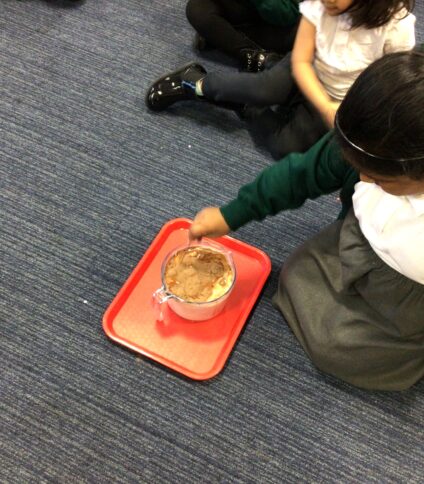

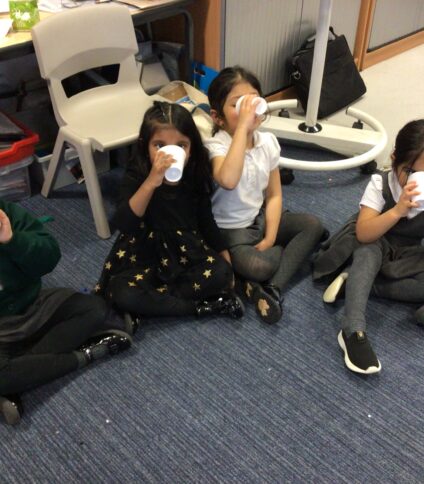

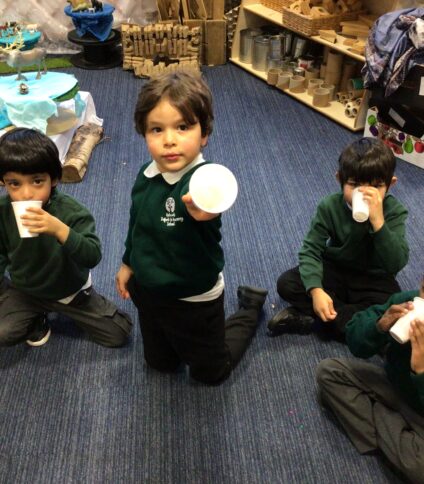

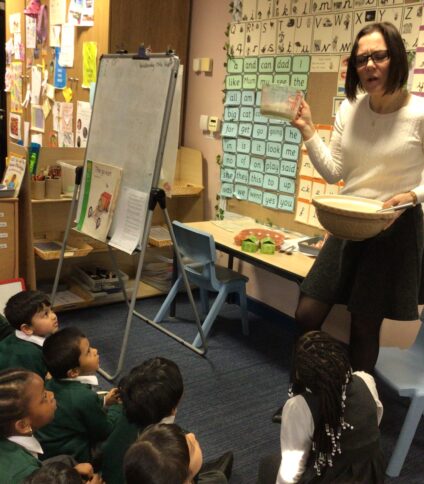

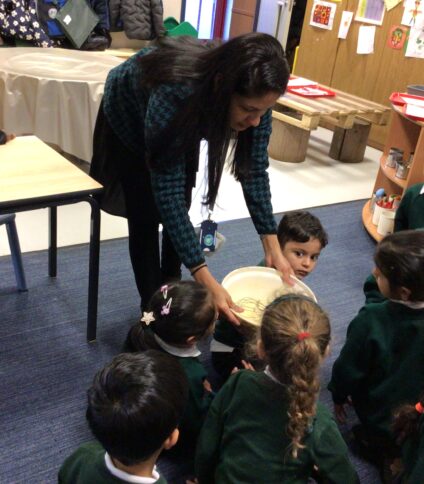

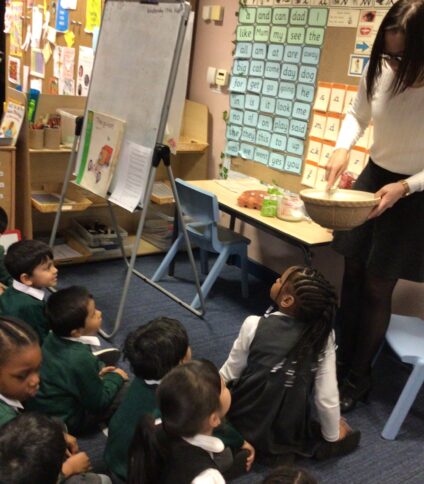

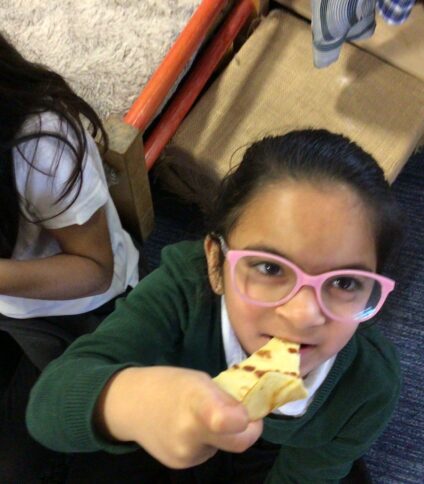

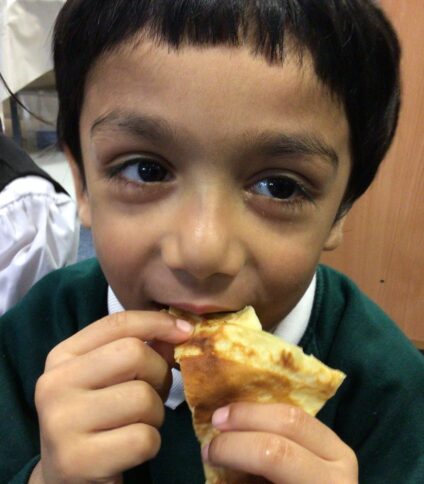

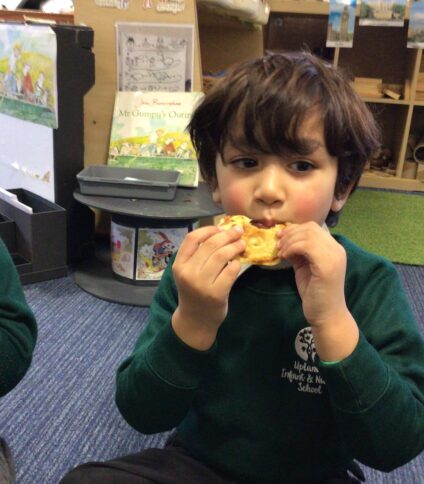

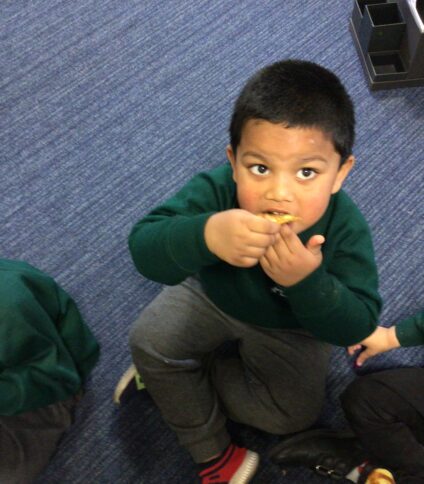

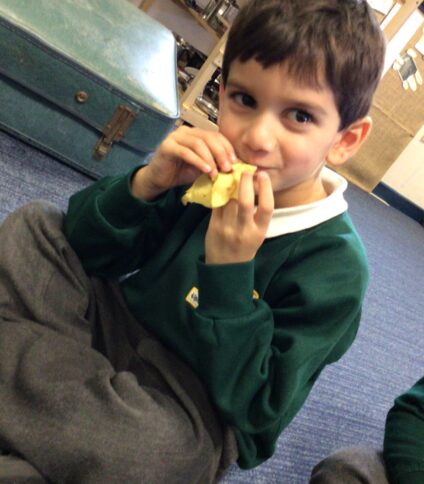

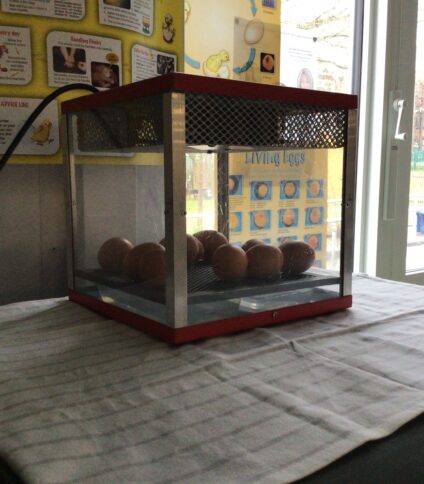

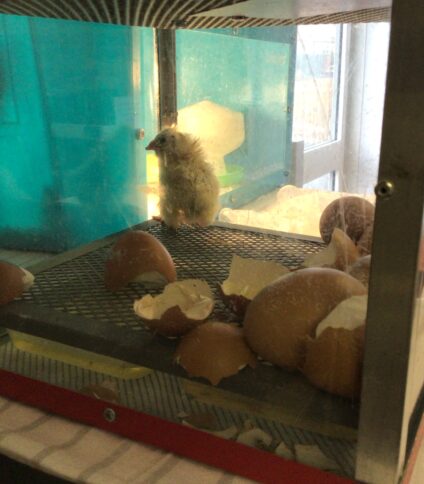

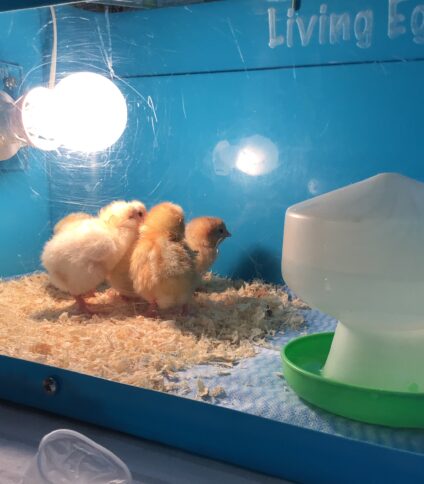

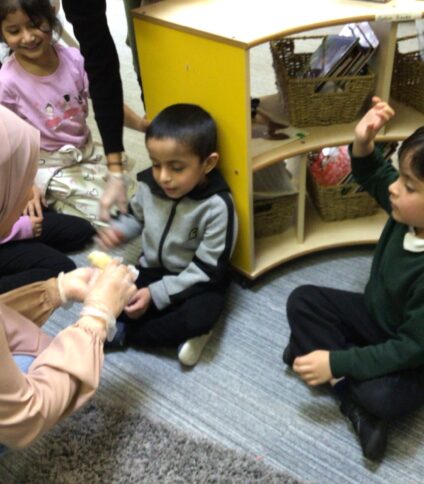

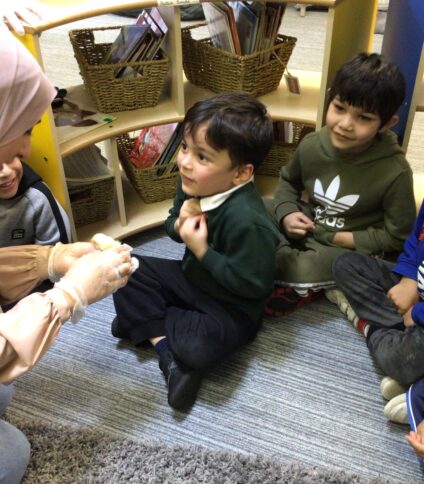

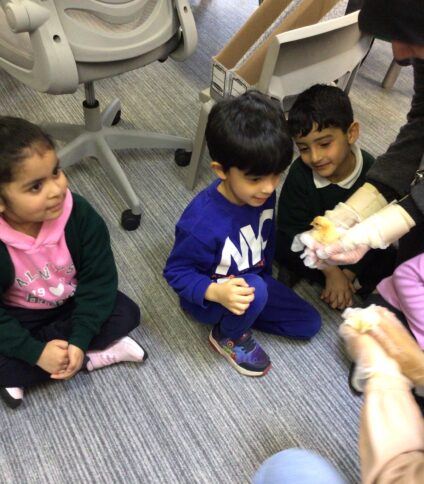

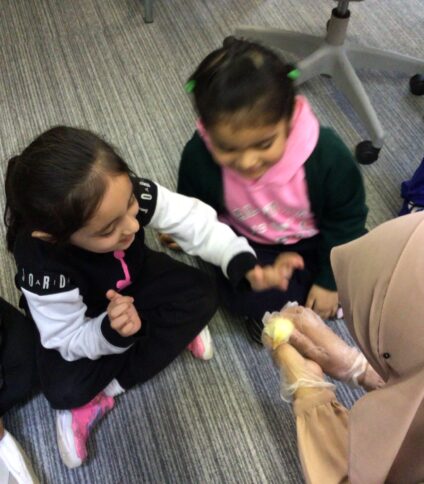

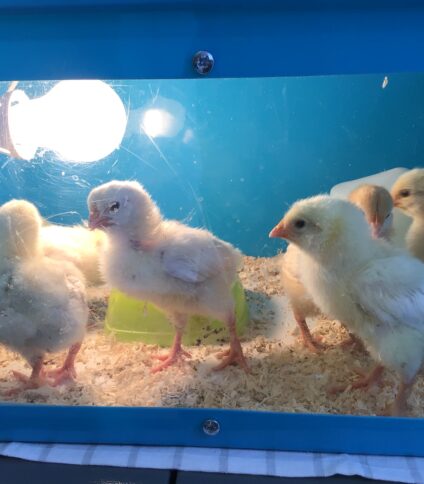

Reception children have been exploring and talking about their shadows. They have learnt that when an object blocks the sunlight a shadow is created. They explored and found their own shadows when playing outside. They noticed they could make different shaped shadows by moving their bodies in different ways.














Chocolate Nests
Reception children enjoyed making chocolate nests. They used their senses to feel, smell and taste the ingredients. They used words to describe and talk about these. They talked about how the chocolate had melted when it was heated in the microwave and then when it had cooled down and was cold it changed and become hard again, it went from being runny to solid chocolate.
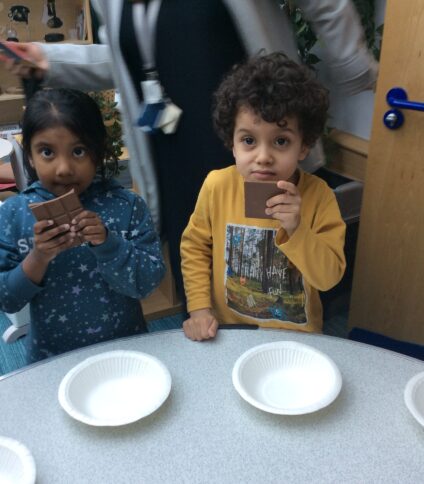

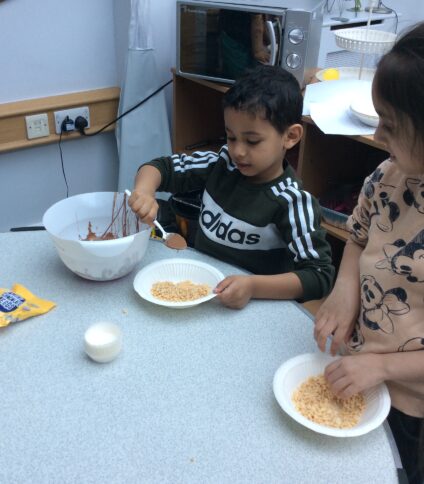

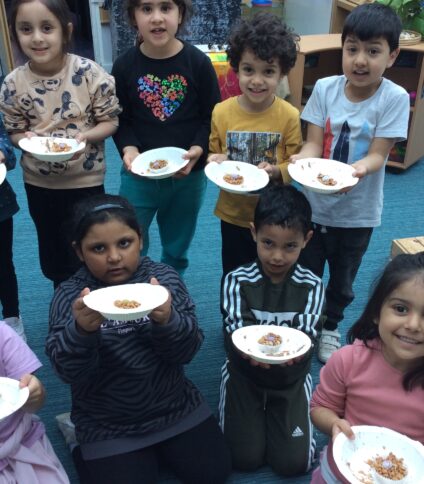

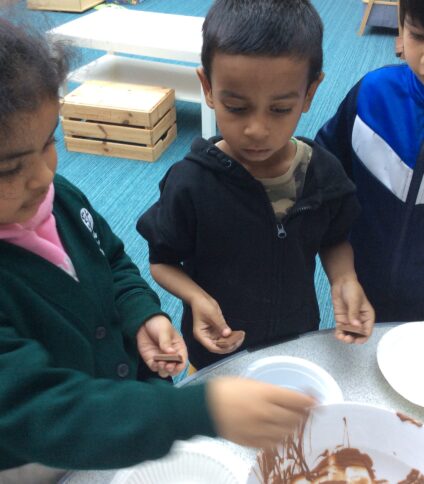

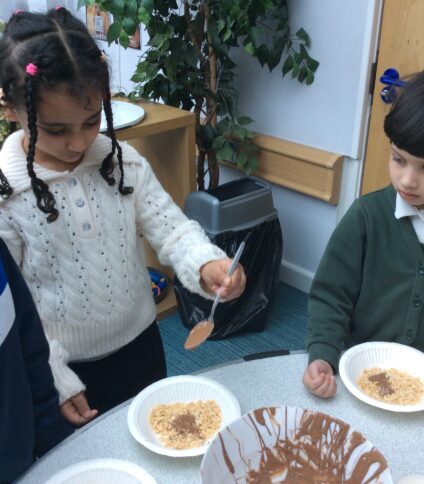

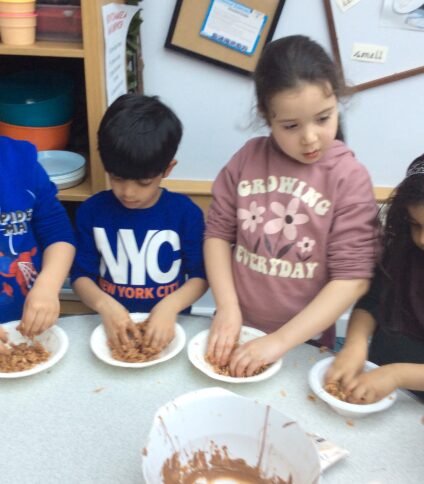

Learning about what a plant needs
Reception have been busy planting and learning about what a plant needs to grow. They named the parts of the pant and now the children will be observing the plants as they grow.
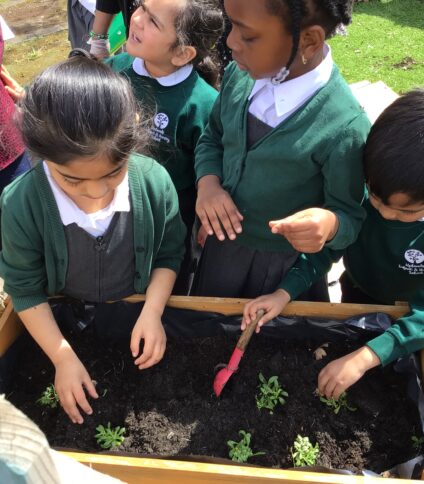

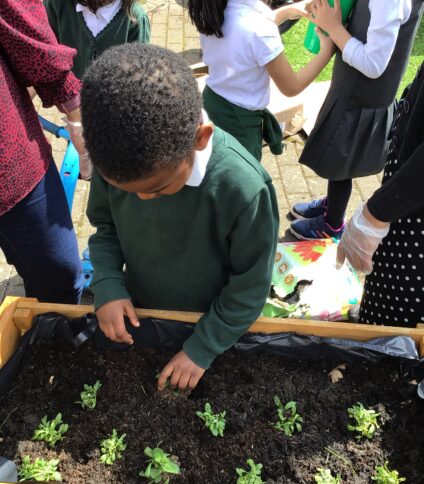

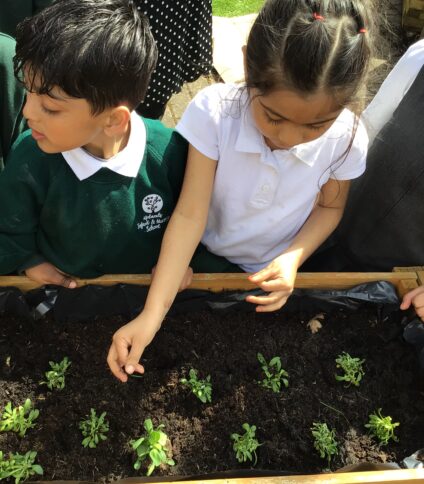

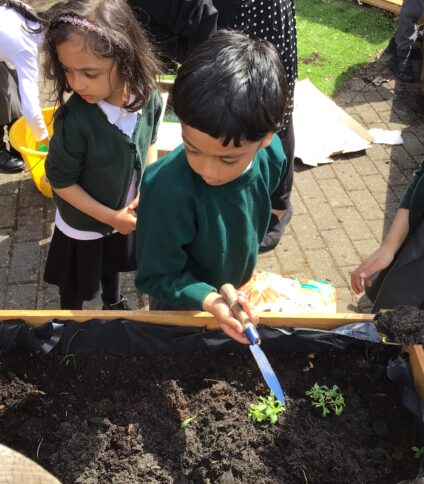

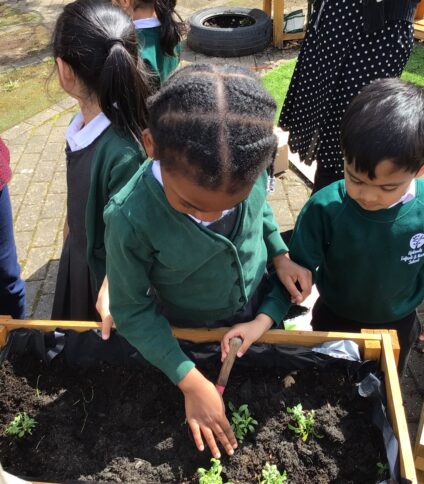

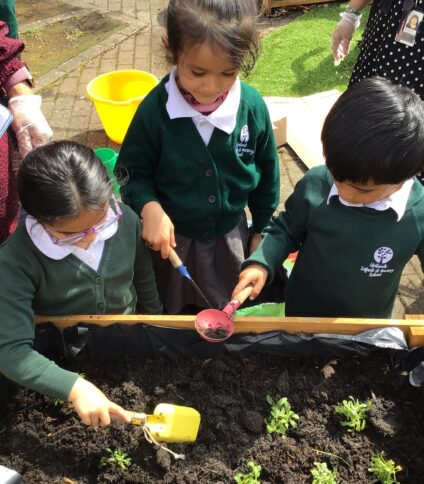

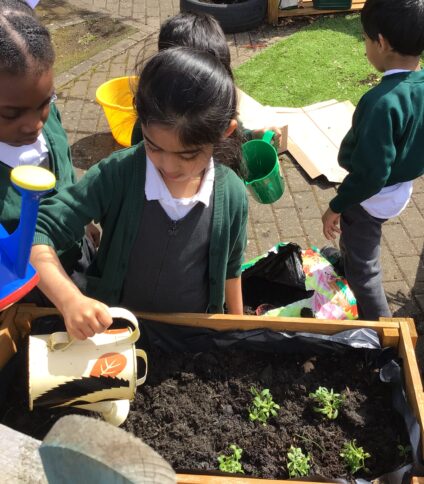

Plants
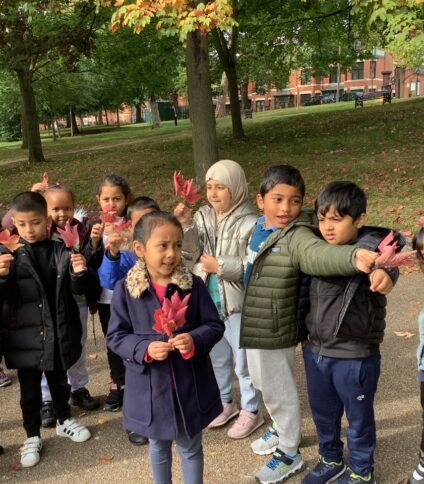

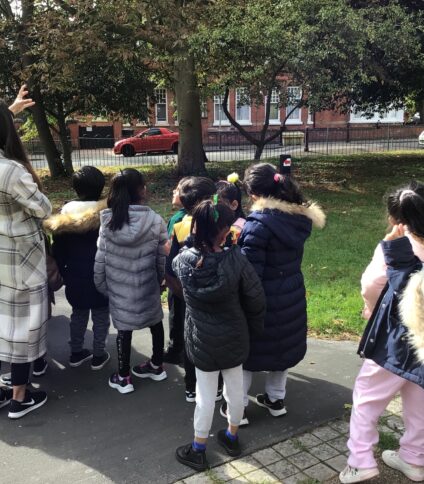

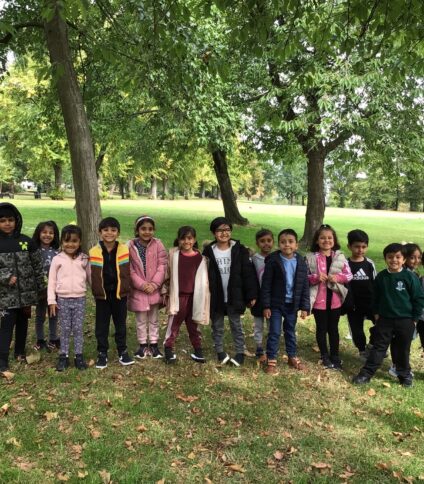

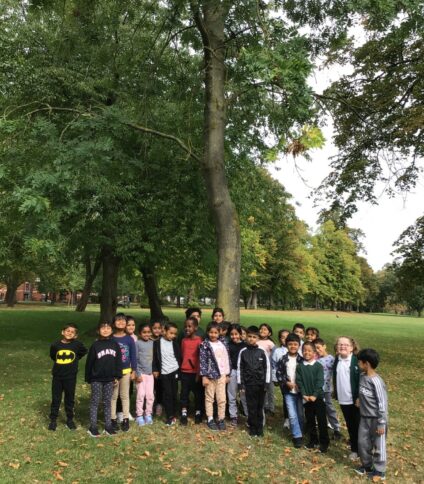

In year one we have been learning about the different groups that animals belong too. After learning the features of Mammals and Birds, Wallabies class classified different animals into the correct groups, beginning to give reasons for their thinking. They made comparisons noticing similarities and differences. In this activity they created another category, for animals that weren’t mammals or birds and we had a go at suggesting what category we thought they might belong to based on the features we could see in each photograph.It was fun identifying the different animals. There are some that look quite similar and some that we haven’t seen before. The activity created lots of opportunities to ask questions about different animals and discuss our thinking using new scientific vocabulary appropriately.We are looking forward to finding out about some more groups next week!
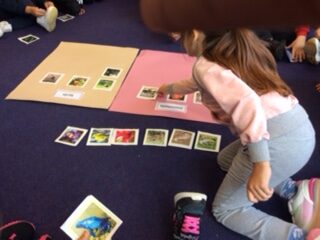

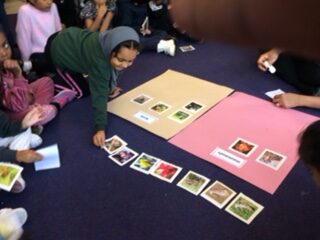

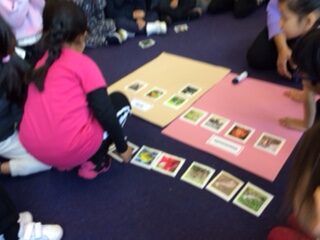

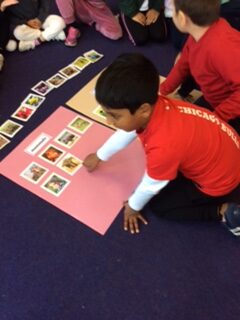

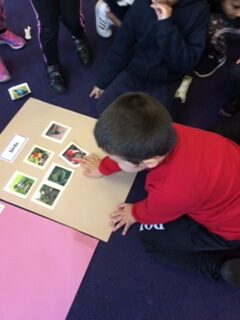

Materials
In Science, we are learning about everyday materials that we use. We explored different objects and discussed what they were made from. We found that the objects were made from materials such as; wood, plastic, glass, metal, fabric and rock. Some objects were made from more than one material.
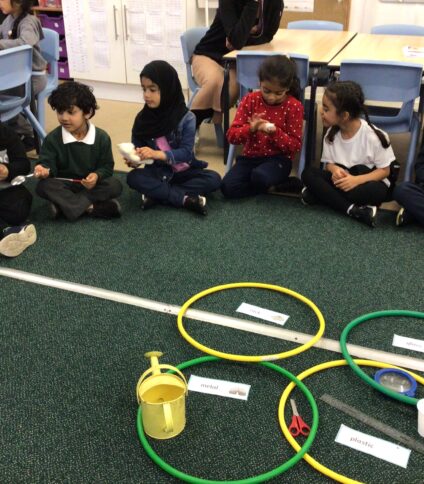

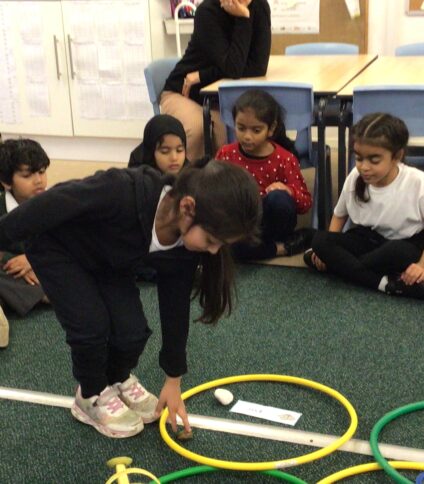

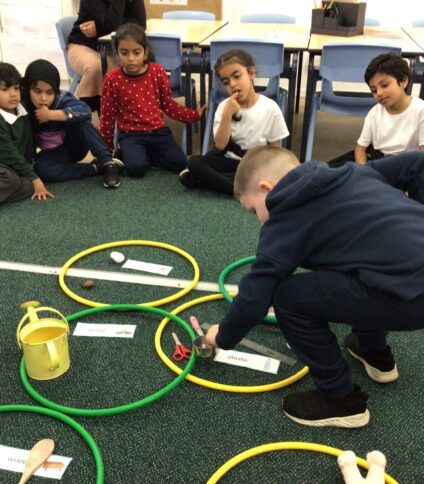

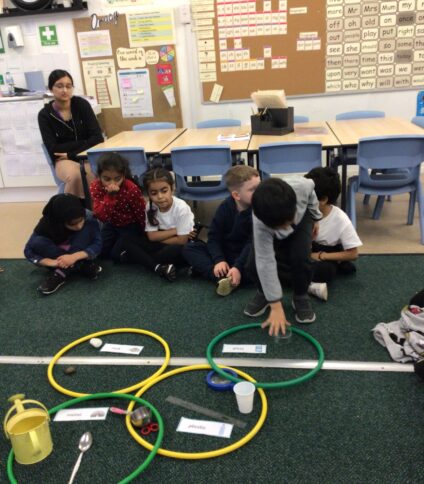

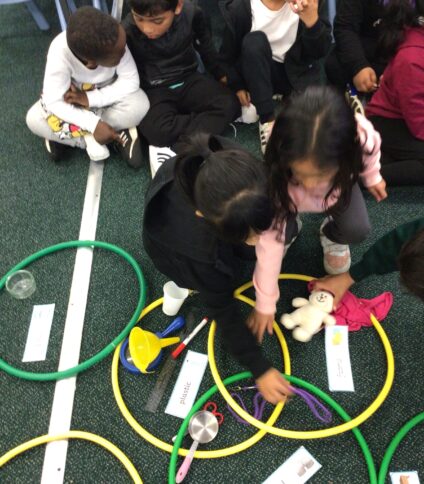

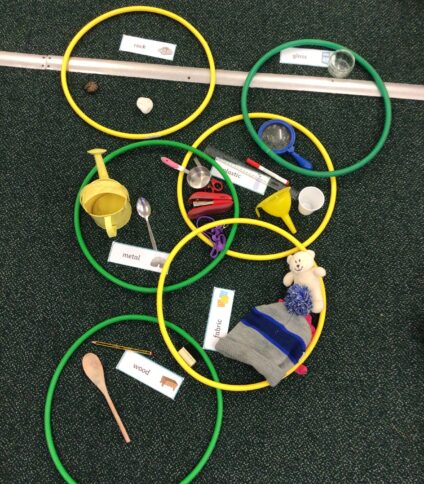

Wild Plants
This half term in year 1 we have been looking at garden and wild plants. The children have had to identify that a wild plant is any plants that aren’t planted by humans, whereas garden plants are usually planted by humans. We then looked at different types of garden and wild plants and the children sorted them accordingly.
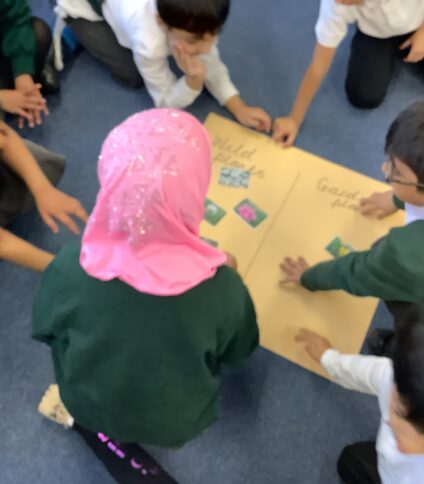

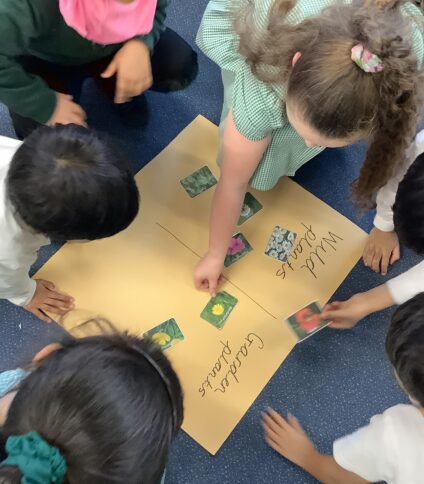

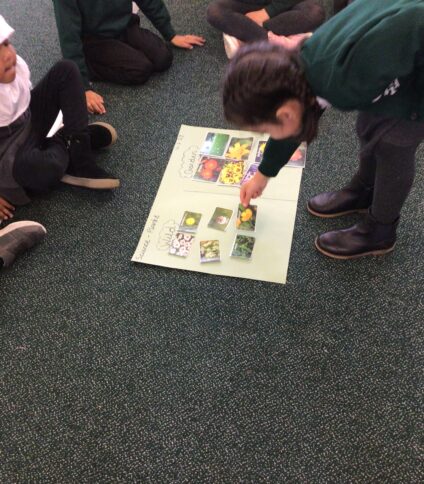

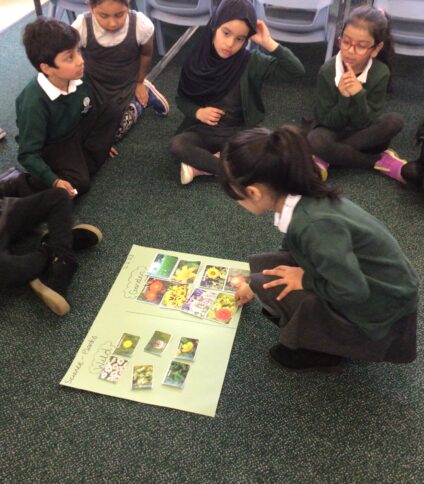

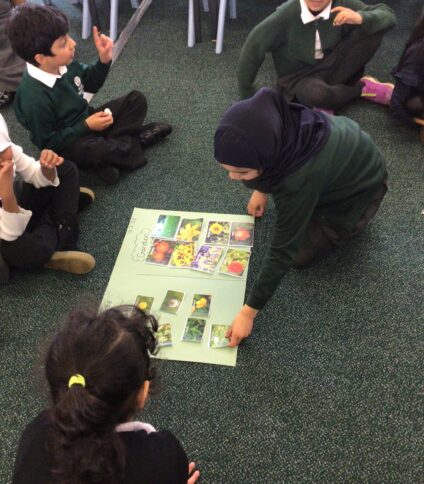

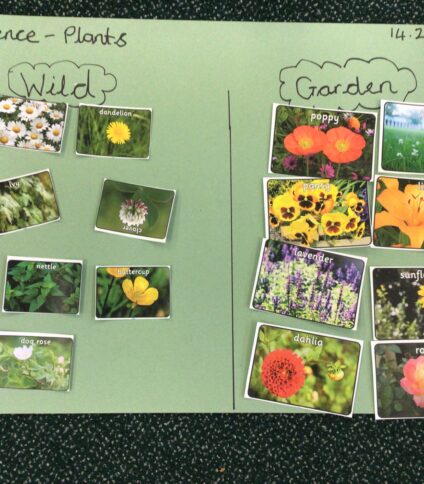

2021-2022
Our Nursery children have been learning about the signs of winter. They have continued to explore and develop their curiosity of the natural world around them. The children have been using their senses to observe and recognise the changes. We noticed that the temperature outside was freezing and we needed to wear our gloves, hats and scarves to keep us warm. We have also noticed that the grass and mud had become hard and the leaves had frozen. The children enjoyed making patterns in the snow and frost with their fingers, hands and feet. They also had fun manipulating the snow and frost to make balls and snowmen.
After all the fun of being outside we thought about how we could warm ourselves up. One the best ways to do this was to have a nice warm drink, so we made hot chocolate yum yum 😋
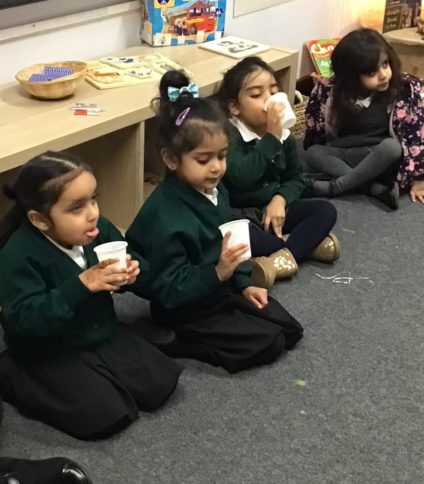

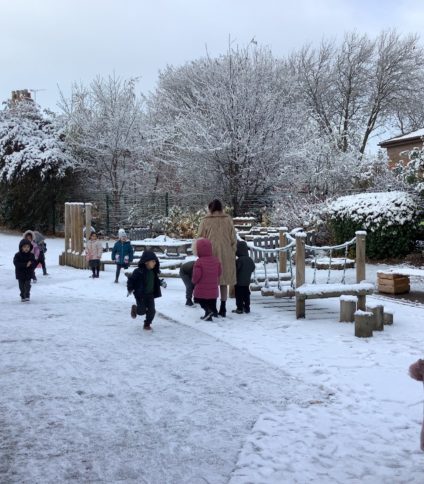

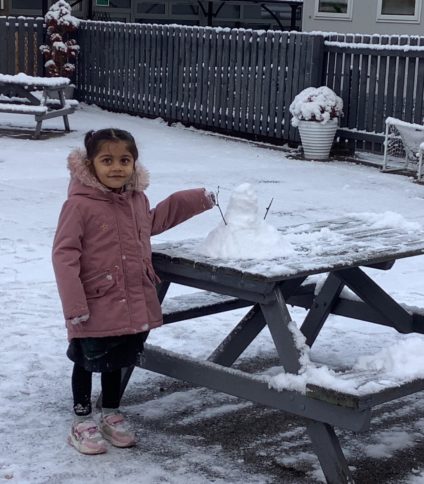

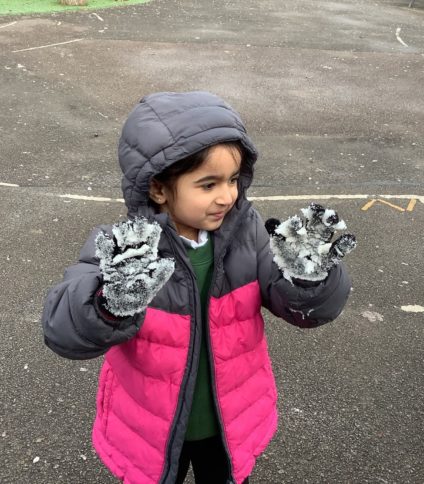

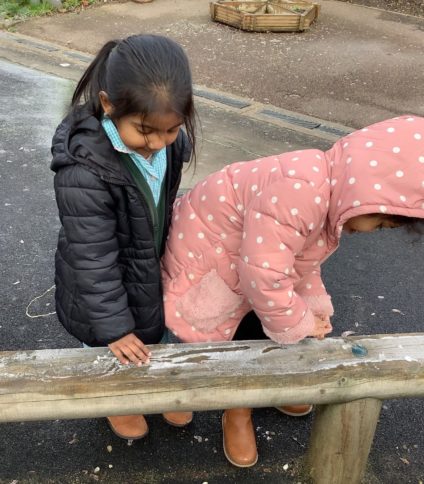

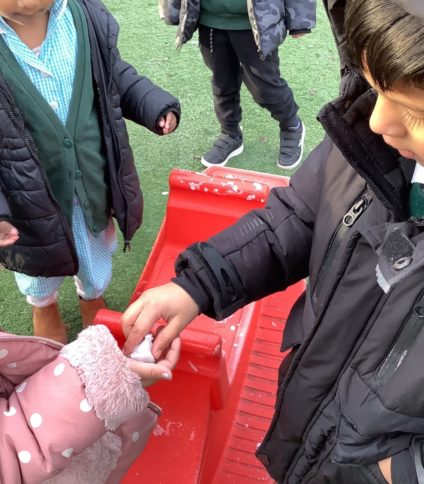

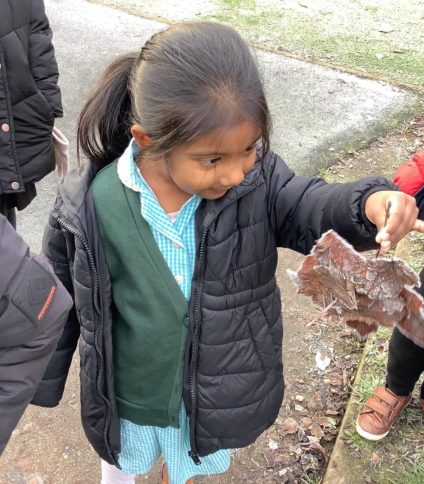

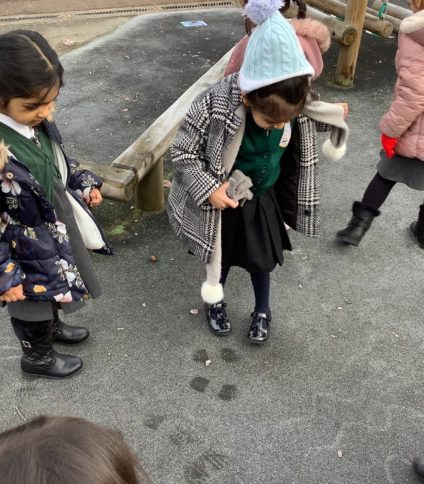

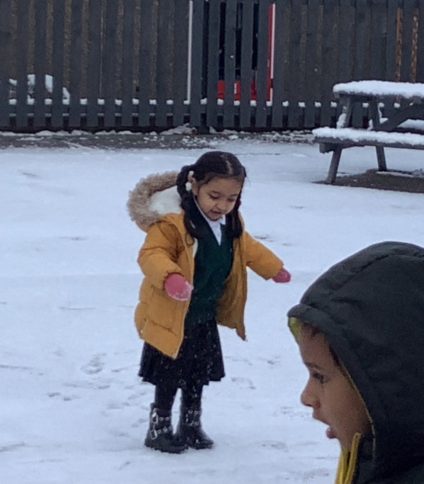

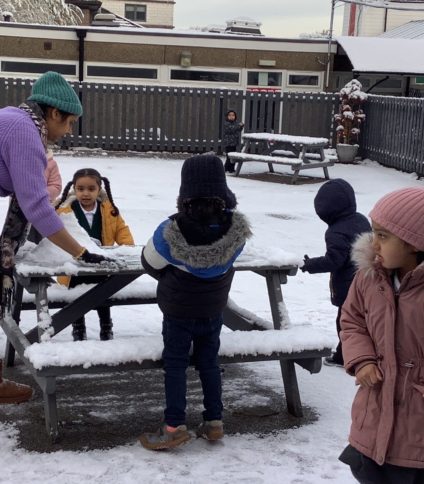

Biology/Chemistry – Senses
Our little explorers and investigators have been using their senses to see what happens to the ice when it is out of the freezer. The children explored the ice using their hands, they used words like ‘freezing, slippery, cold, icy, hard’ to describe how it felt. They used their observational skills to notice the ice was ‘melting’ because the classroom was warm. The children used the hammers, spoons, and forks to crack the ice. There was lots of determination, perseverance and ‘I will not give up’ attitude to help rescue the trapped sea creatures from the ice.
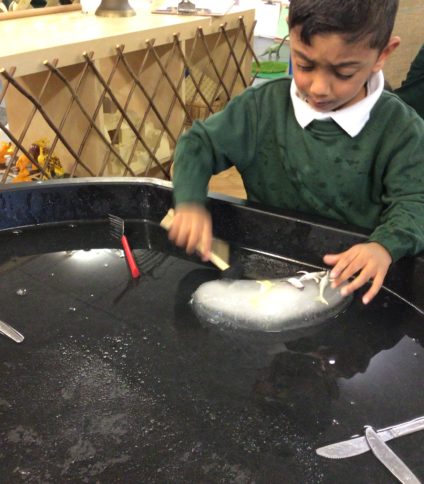

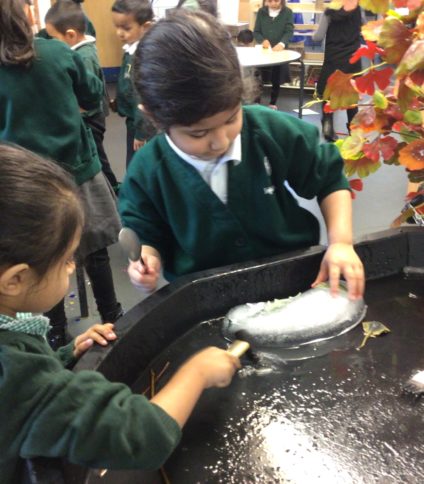

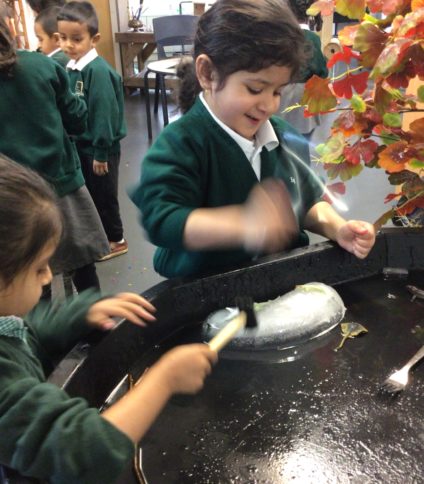

Chemistry – Dough Making
The nursery children have been learning to make their own dough. There were lots of exploring and investigating. We noticed that if you put too much water the dough was very slimy and sloppy. The children recognised that they only needed a small amount of water, so the flour would stick together to make the dough.
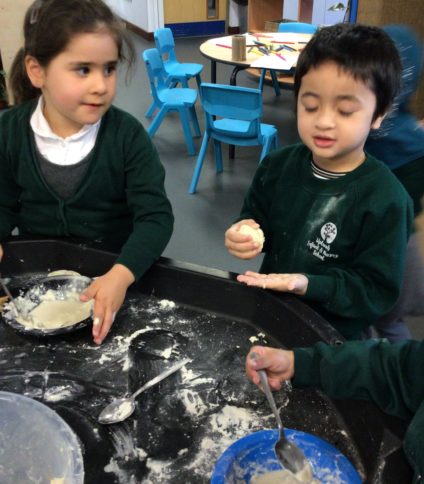

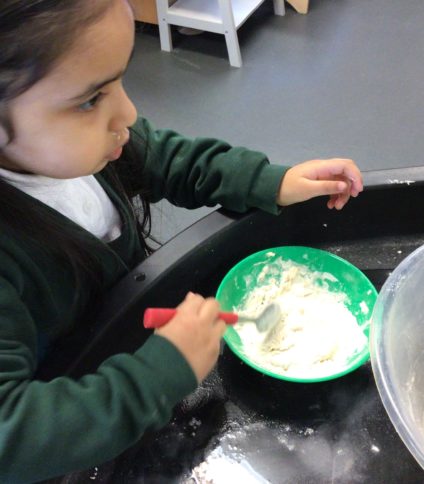

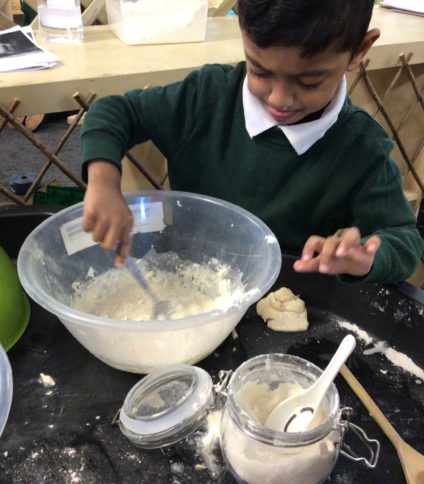

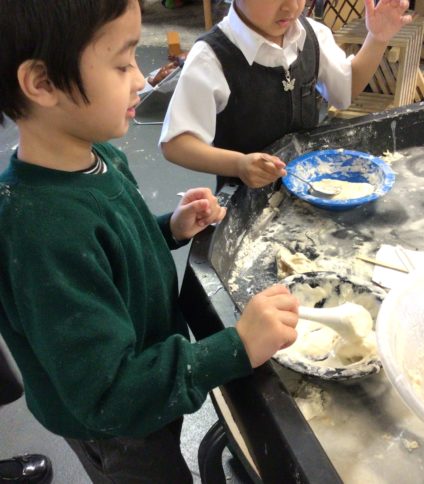

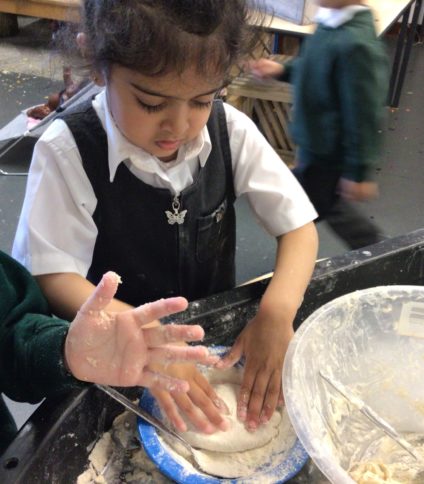

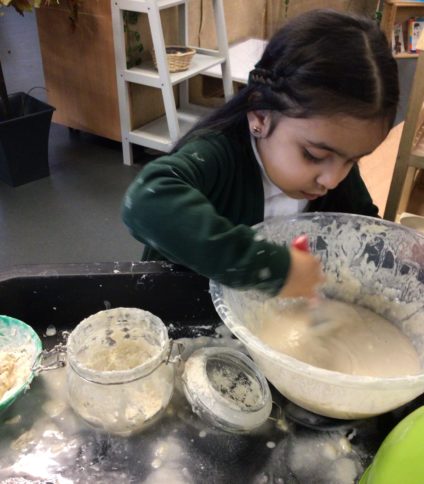

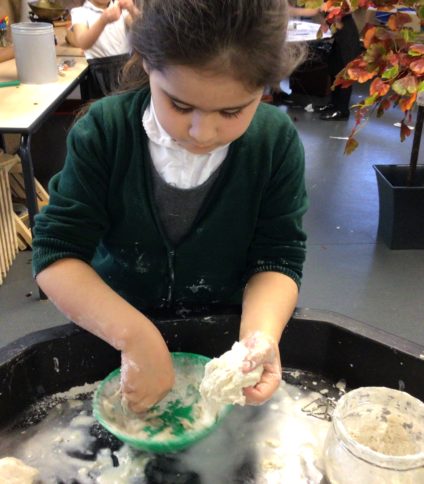

Physics – Weather
“Well, what a windy, wet start to our school term. However, this has not stopped our nursery children continuing to show inspiration, challenge, curiosity, and the ore and wonder of our natural world. The children have been developing their hand and eye coordination, kinaesthetic awareness, and gross motor skills to fly kites. They have used their observational skills to notice how the wind blows the kites in different directions.
The children showed so much enthusiasm we even explored blowing bubbles where we tried to chase and pop them as they blew in the wind. The children then decided they wanted to make their own kites, so they used their joining skills and tools to make their own.
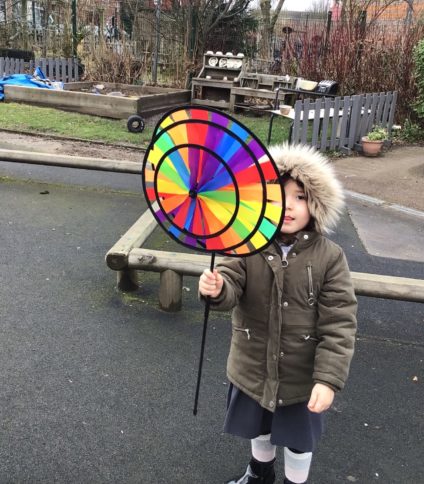

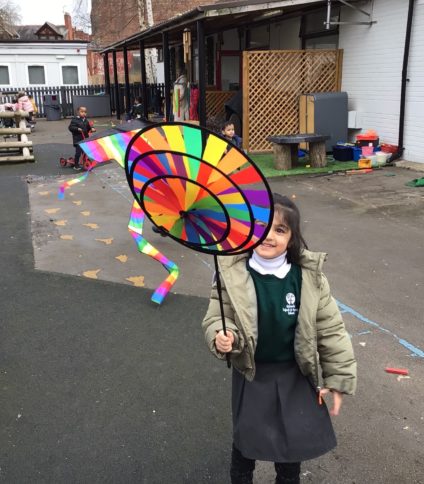

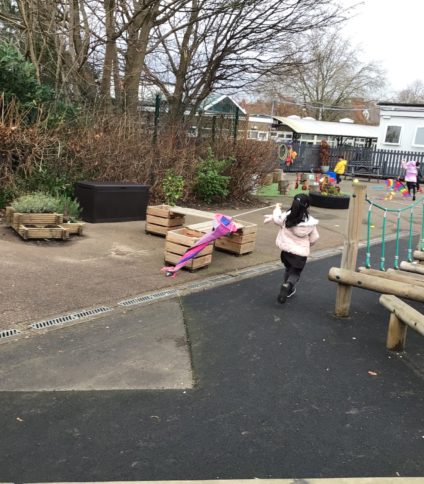

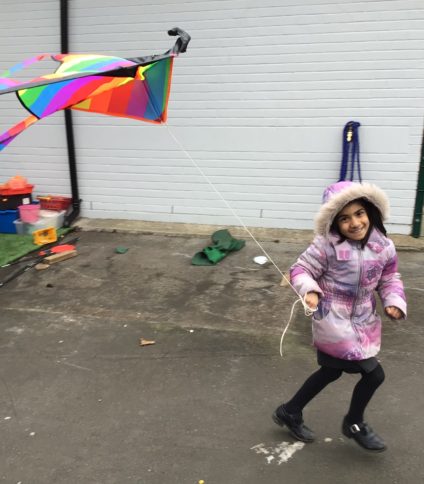

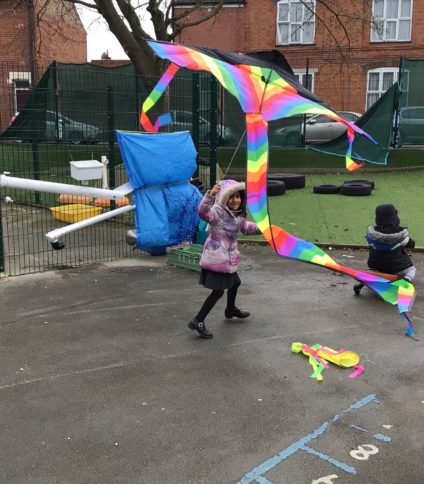

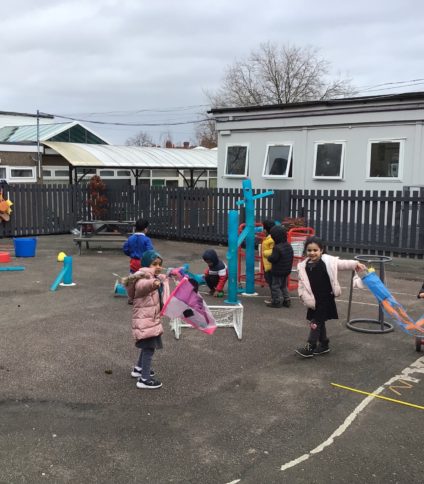

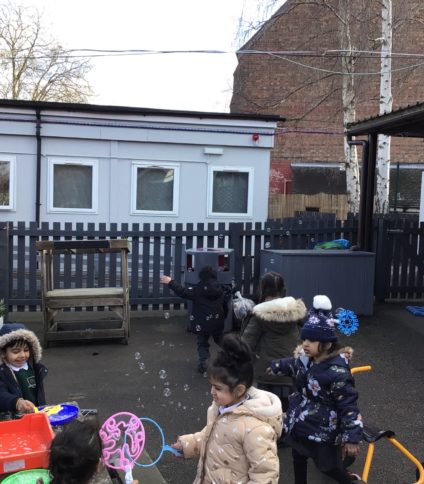

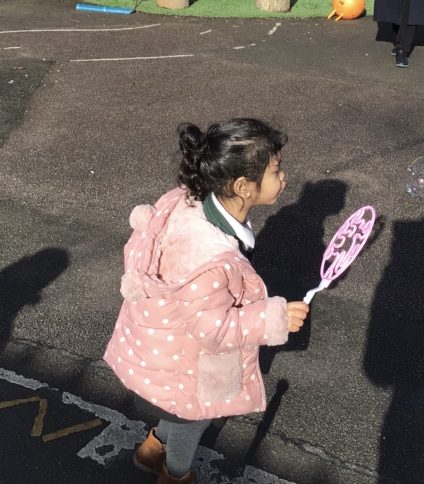

Biology – Bird Watching
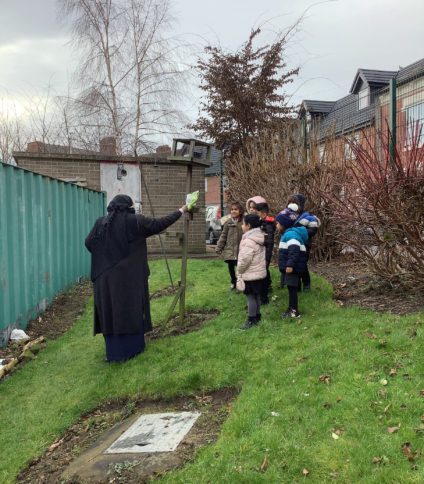

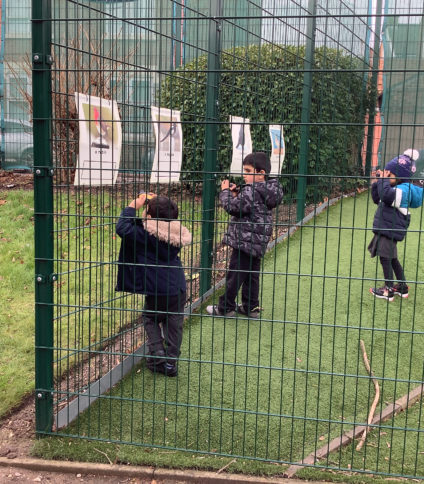

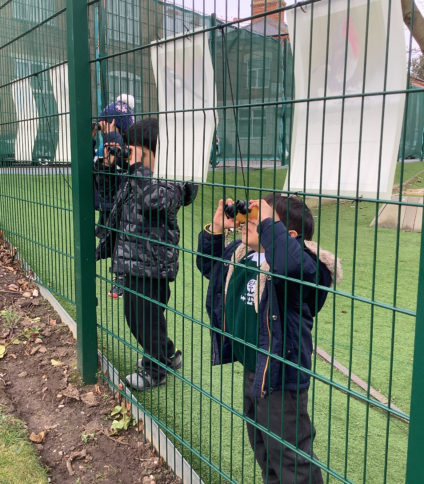

Physics – Water Play
The children in the nursery have enjoyed the beautiful sunshine this week outside. This has inspired the children to develop their curiosity and interest in water play. They have used and developed their hand and eye coordination to build a waterfall. They balanced the pieces of tubes on the stands, so the water flowed down the pipes into the tray. They observed how the ducks moved along the drainpipes when they poured the water, the more water they poured the faster the ducks moved. They used the thinner pipes to pour the water through, they caught the water using the buckets and their hands. They have shown great enthusiasm, perseverance, concentration, and problem-solving skills.
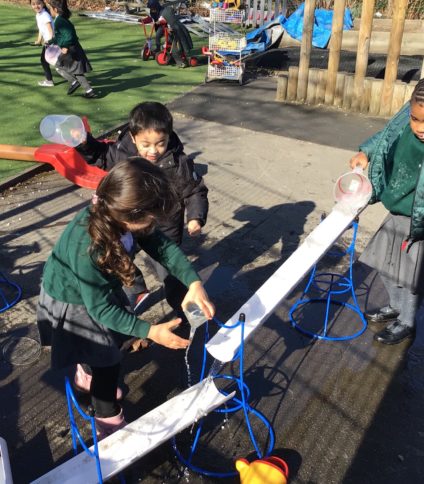

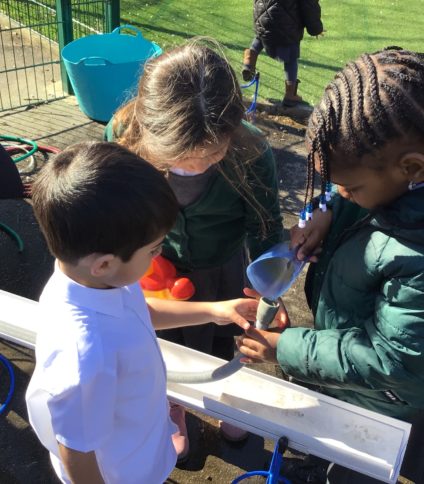

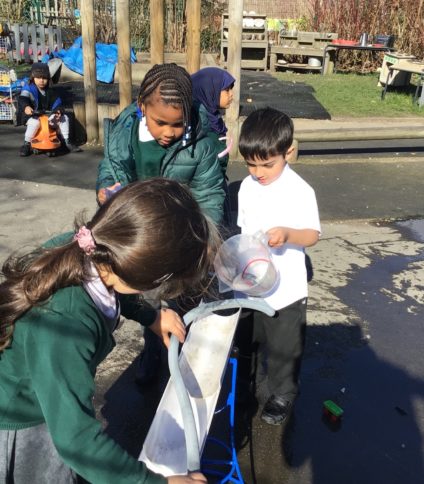

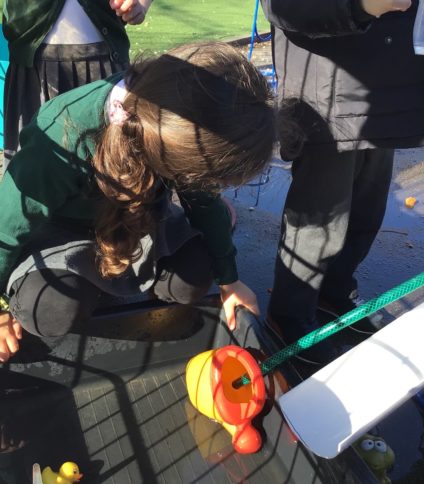

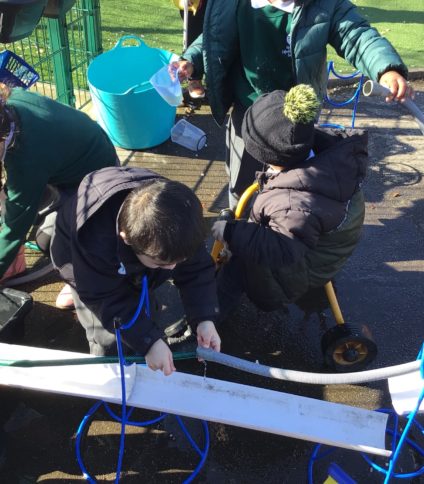

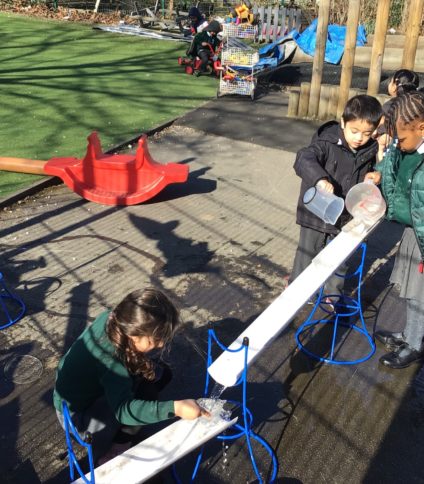

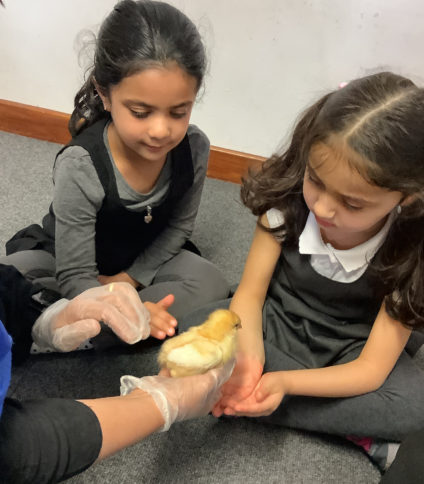

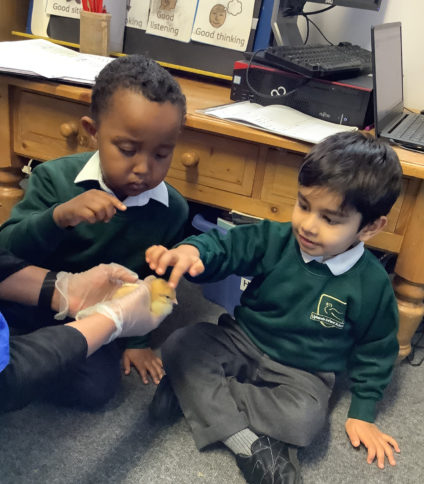

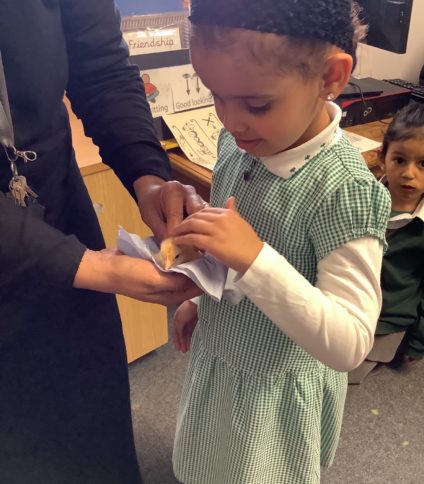

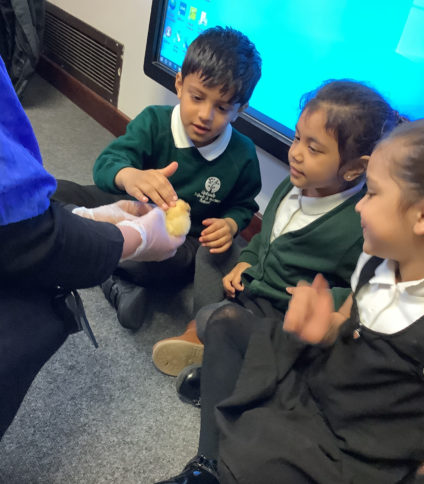

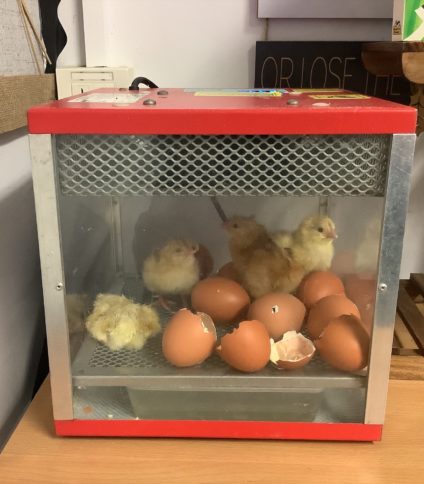

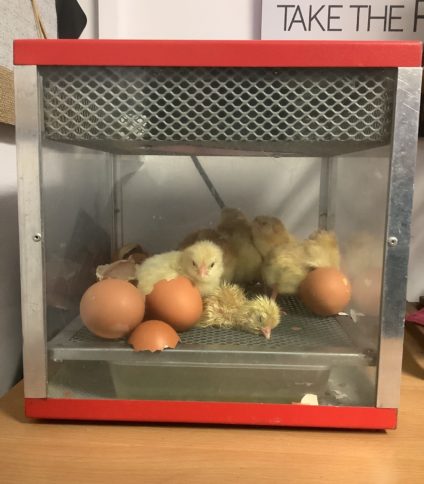

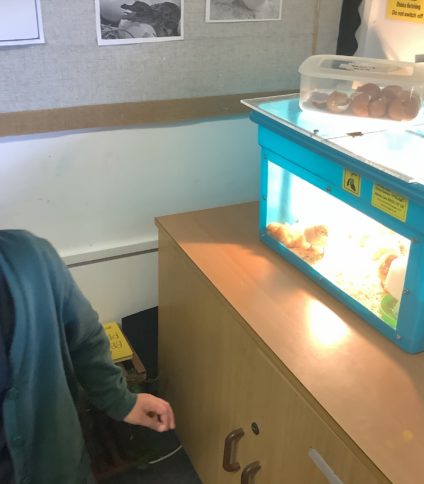

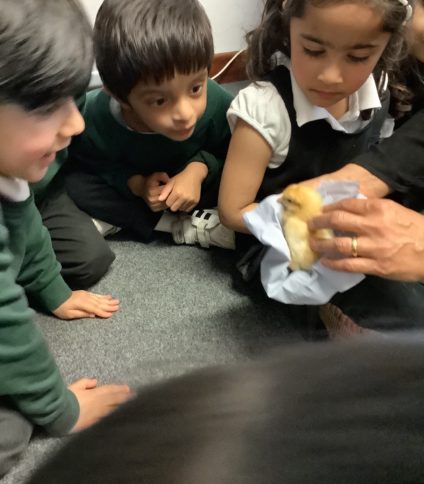

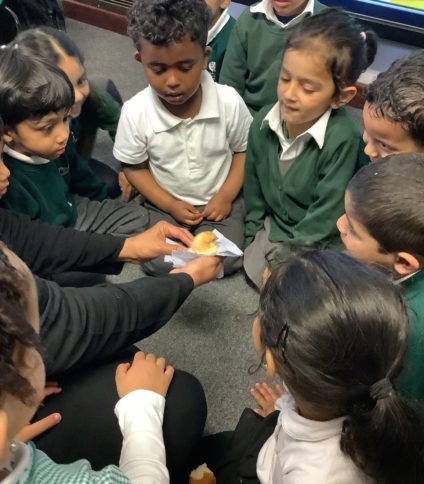

‘What a great term it has been, the children have been learning about spring and how the outside changes as the weather gets warmer. To help support the children’s learning of how and what plants, flowers and trees need to grow we have planted our very own seeds and bulbs including daffodils, cress, green beans, and potatoes. The children have been demonstrating independence and responsibility with looking after the flowers and plants by making sure they have plenty of water and sunshine to grow.’
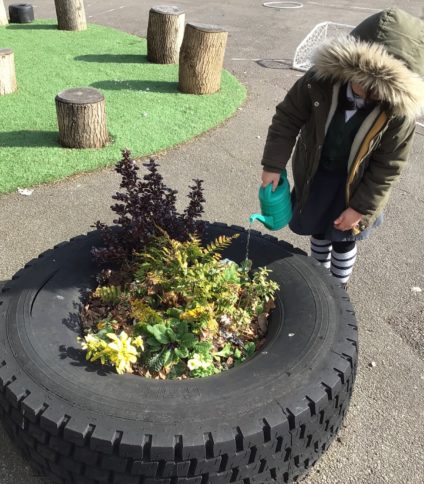

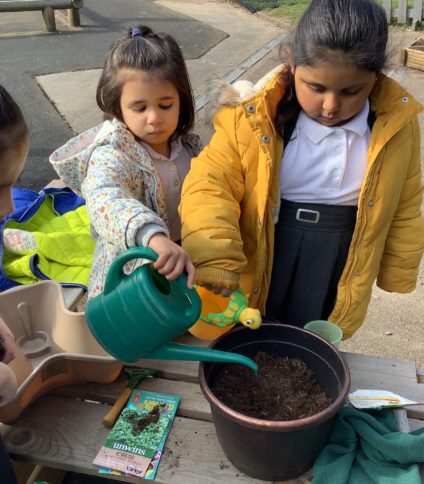

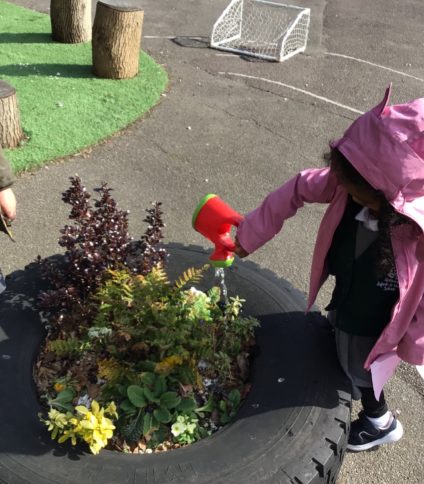

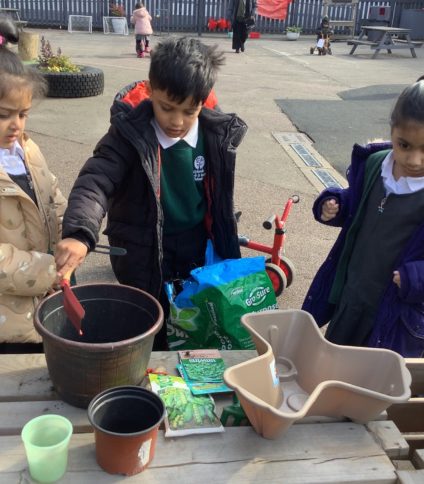

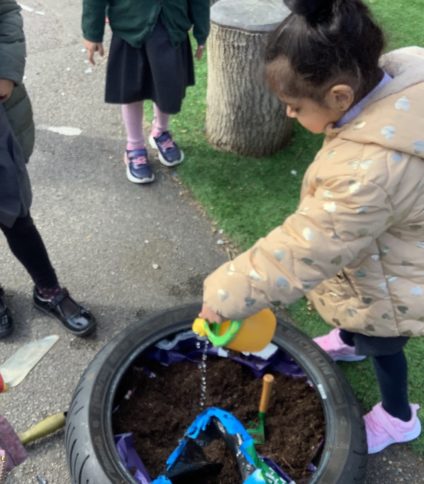

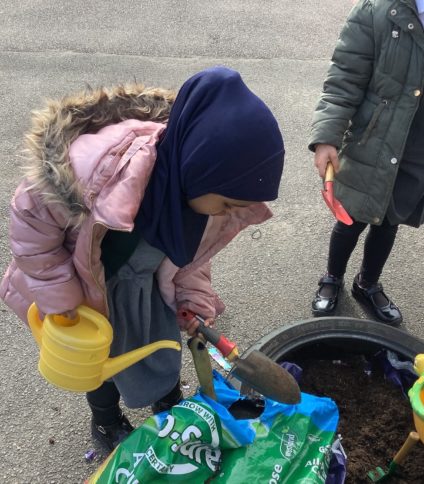

Owl Visit
‘ Wow what an experience our Nursery children have had this week. We were so lucky to see, watch and feel a real owl. We met an enormous Eagle Owl, a small Tawny Owl and a cute Burn Owl. The Eagle Owl was surprisingly very friendly and enjoyed meeting the children. We learnt the features of an owl, the sound they made and how they hunt for mice to eat’
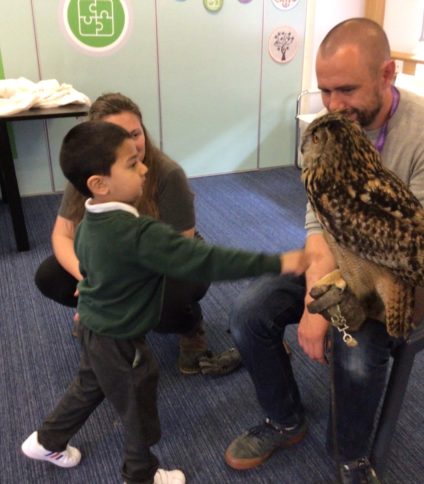

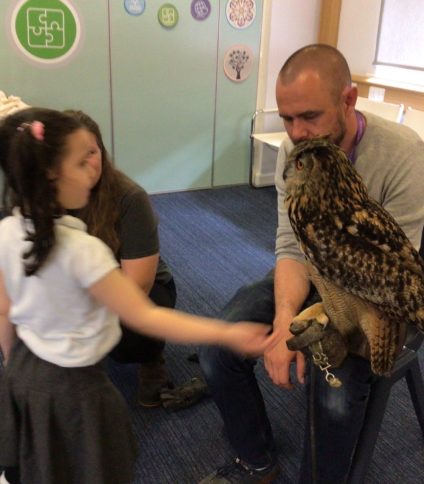

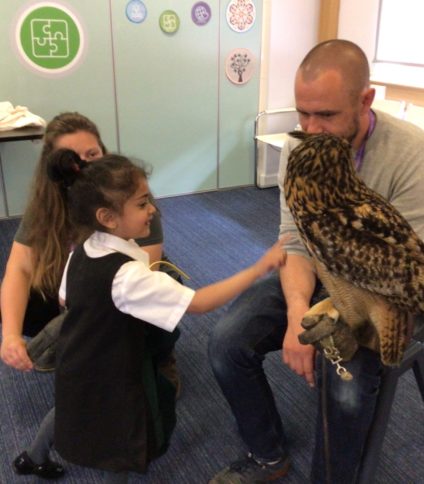

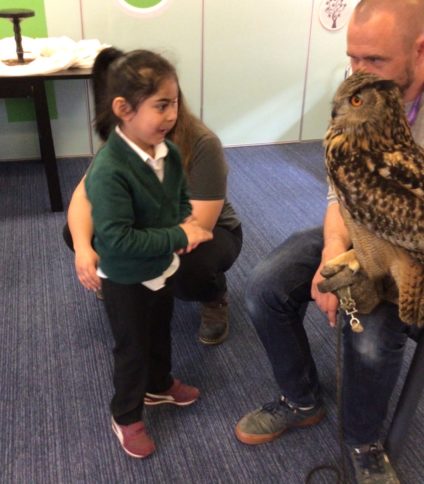

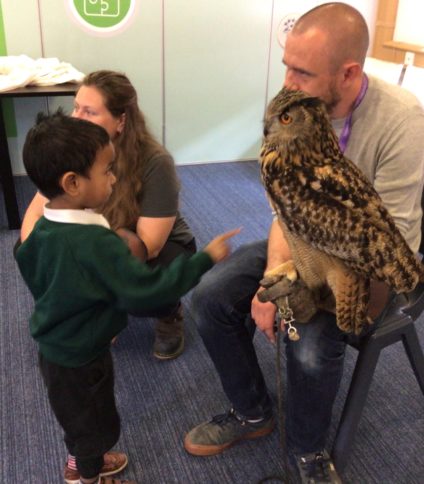

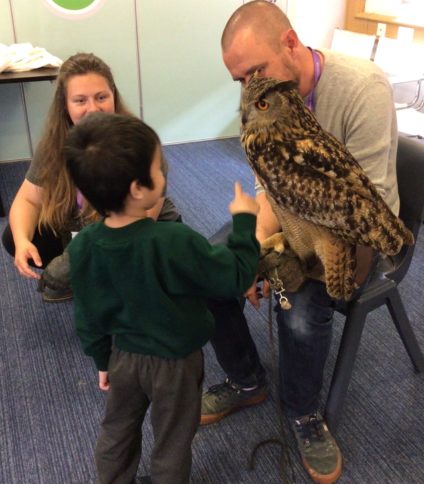

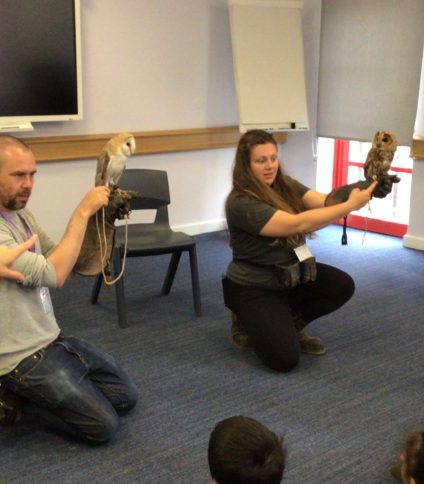

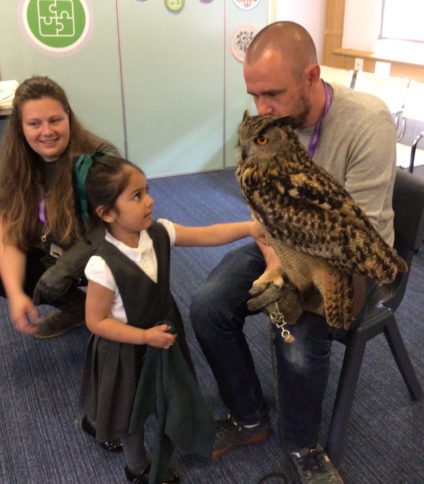

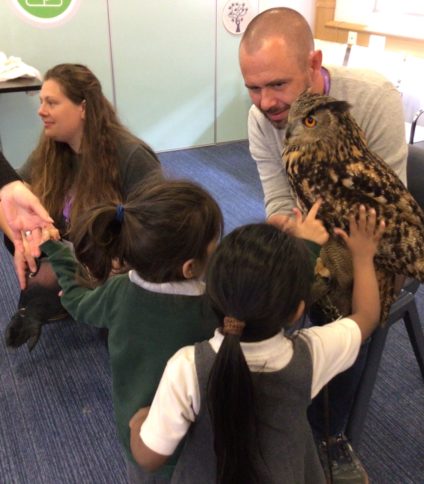

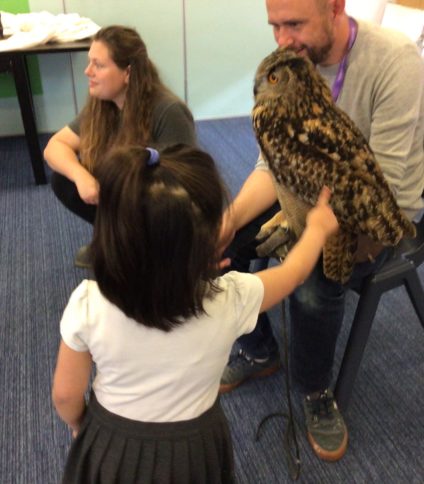

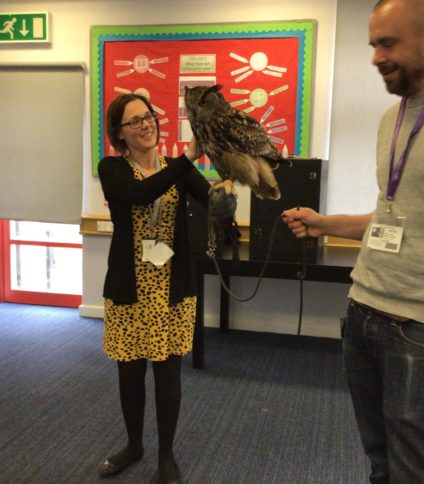

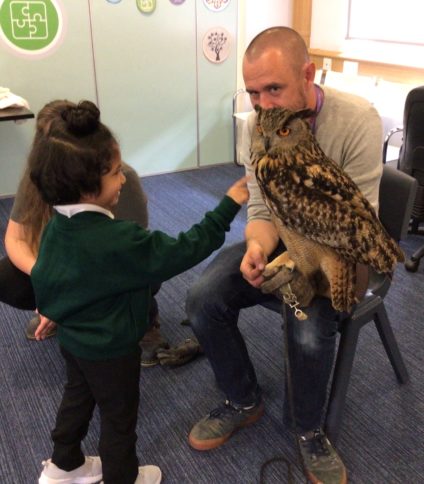

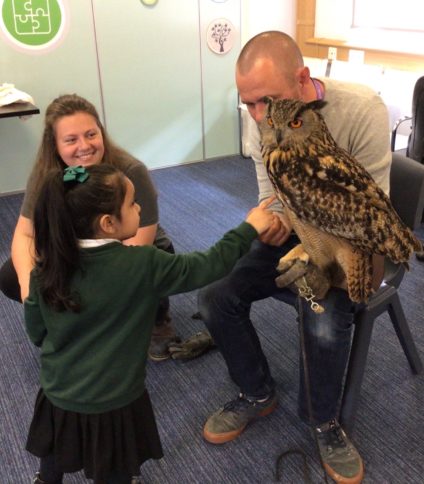

Biology – Plants
Penguins class have been interested in the life cycle of plants. They have observed and predicted what was going to happen to the cress seeds and flowers.
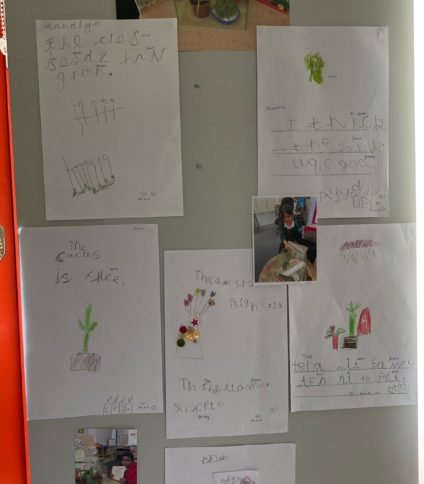

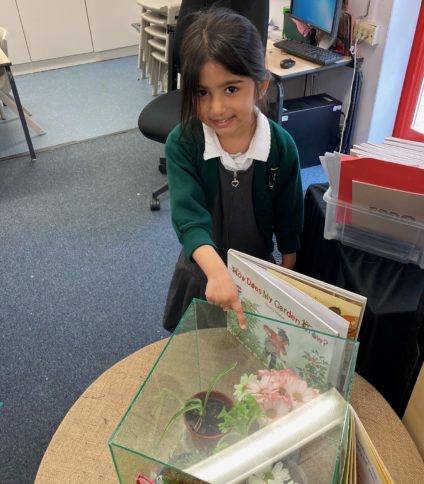

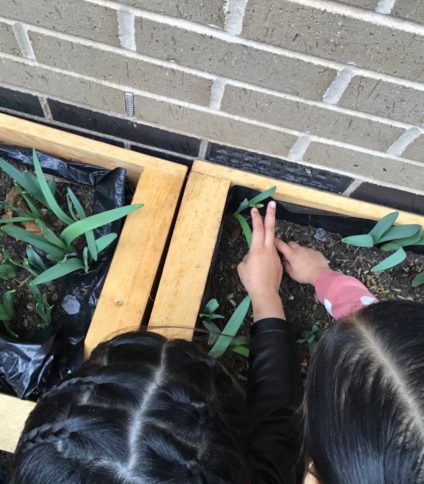

Over the first few weeks of term we are exploring planting.
We have planted daffodil bulbs in our classrooms and will be planting more bulbs outside over the coming weeks.
We are observing closely to see how the bulb in water and the bulb in soil grow. The children have been fascinated to watch the roots grow in the water.
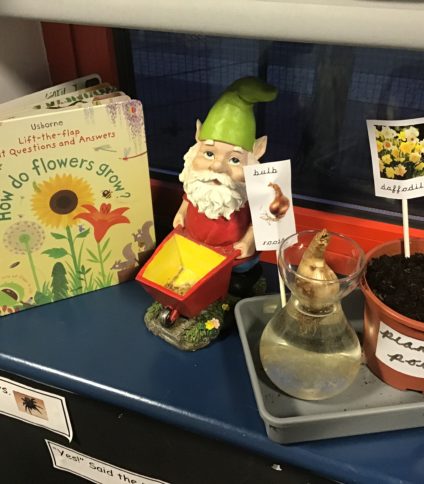

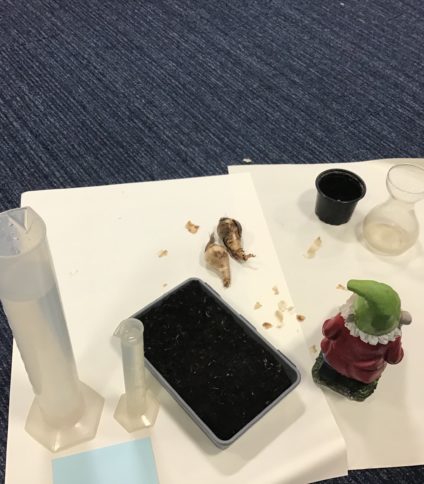

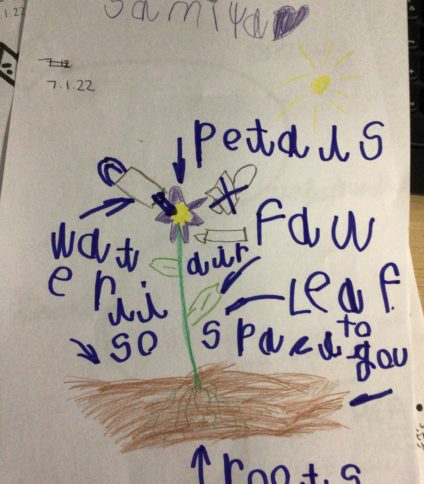







Physics – Ice and Frost
This morning the children in Reception had great fun exploring the ice and frost outside.
We brought some of the ice inside and the children observed that it was no longer ice, it turned into water!
Aamena said “It’s melting” and Aahil said “Because in hot it melts”. The children wondered if it would melt outside because it was cold outside. Aahil put ice in his hand, took it outside and it still melted. Inaaya commented “Yeah, because your hand it warm”.
We discussed how the ice, when it became warm, melted and turned into water. If it became cold again the children thought the water would turn to ice again.
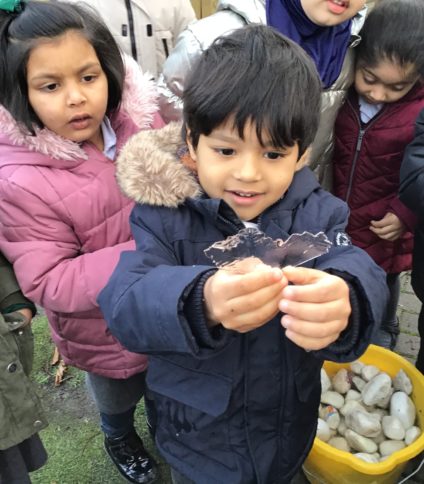

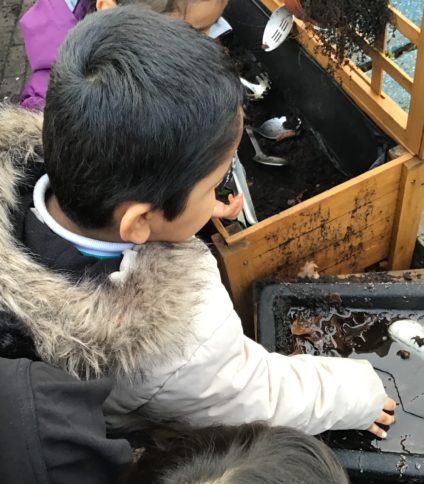

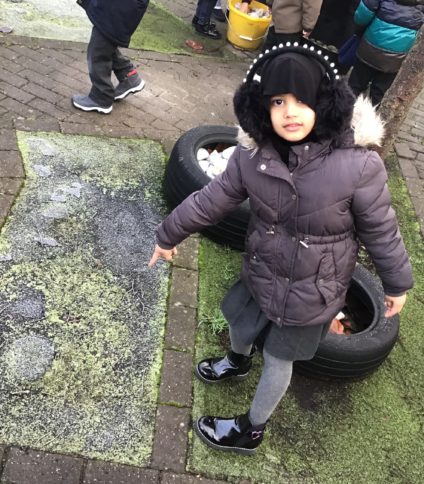

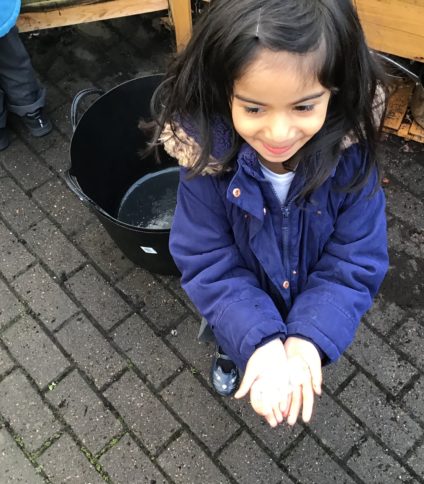

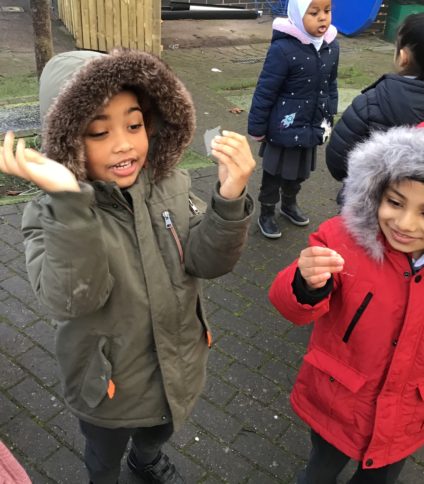

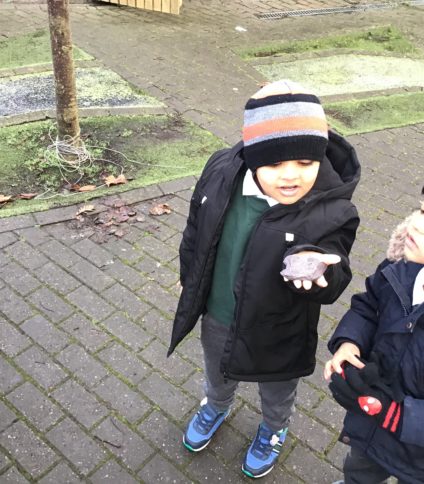

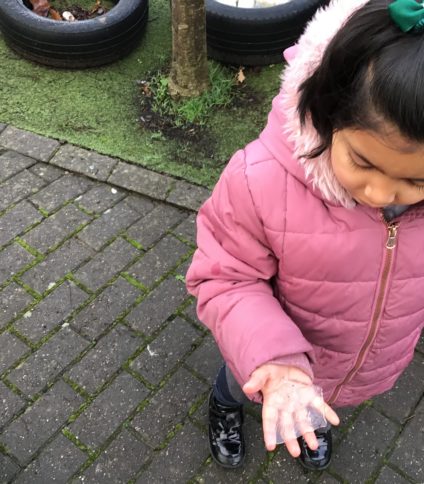

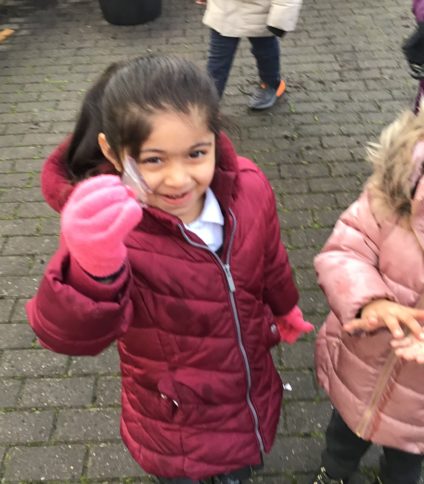

Chemistry – Making Pancakes
Aliens had lots of fun making pancakes this week. We spoke about the ingredients that went into the pancakes and mixed them together to make the pancake mix. We also spoke about the changes from liquid to a solid. Children then went onto making their own pancakes using the play dough. Our favourite part was eating the pancakes.
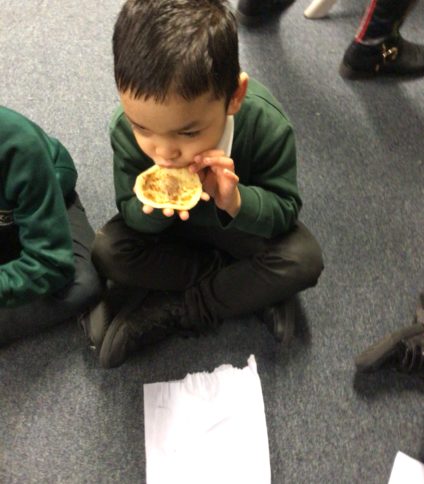

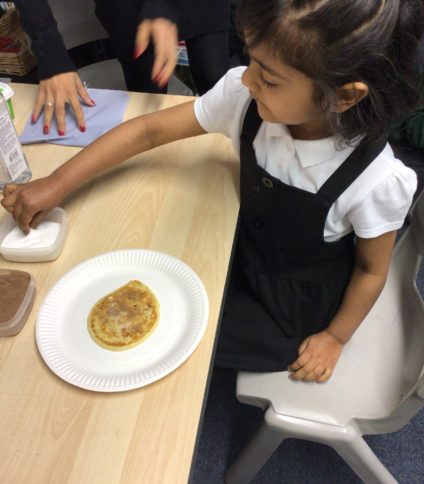

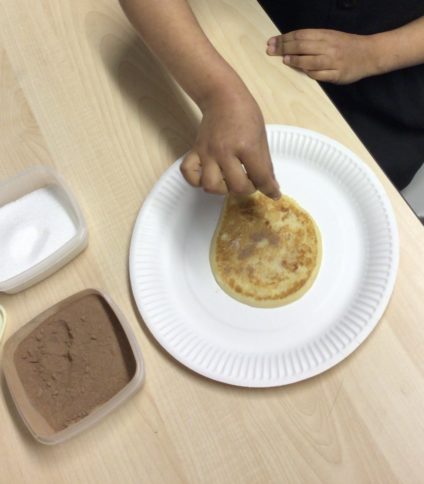

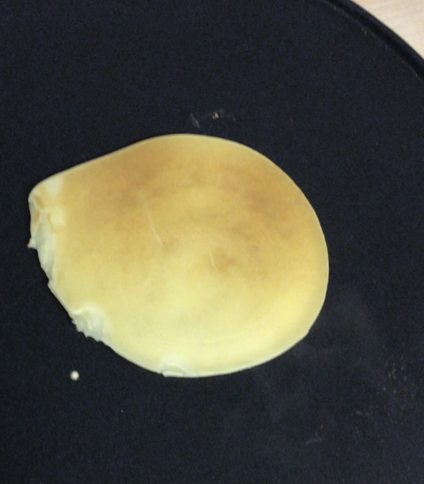

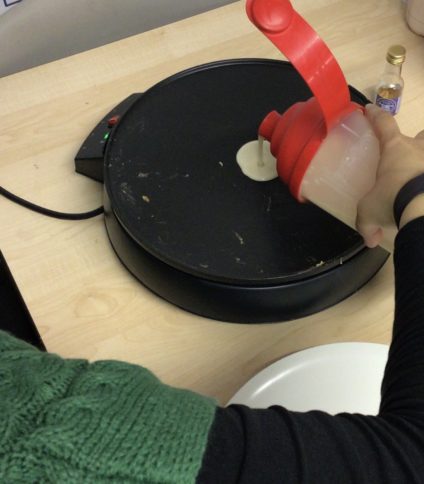

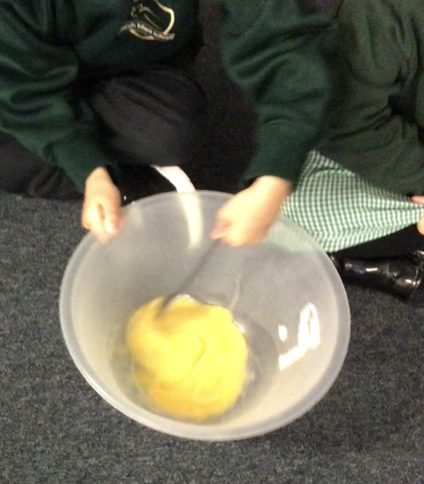

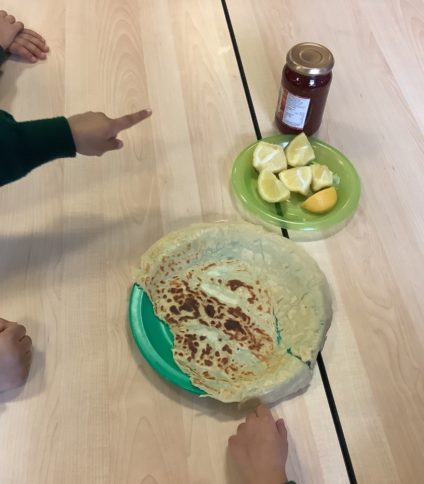

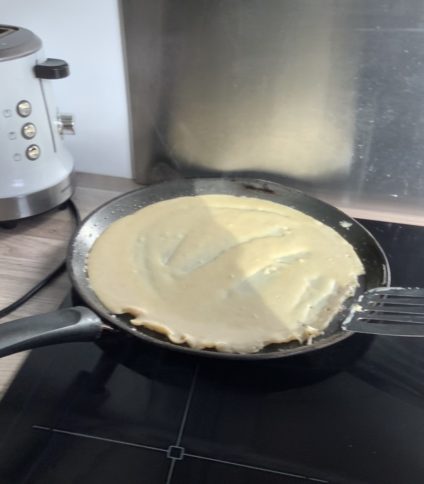

Biology – Senses
As part of the science curriculum, year 1 are learning about their senses, focusing on seeing and the eye.
The children used mirrors and the iPads to study their eye and draw it.
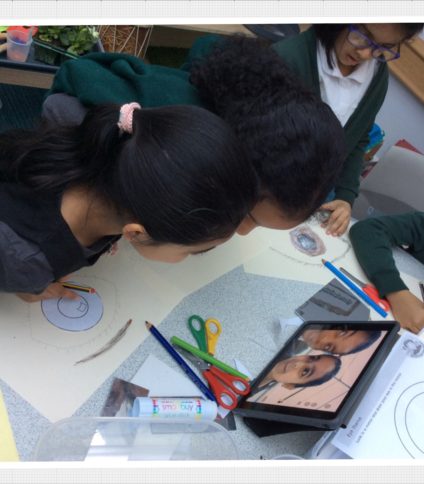

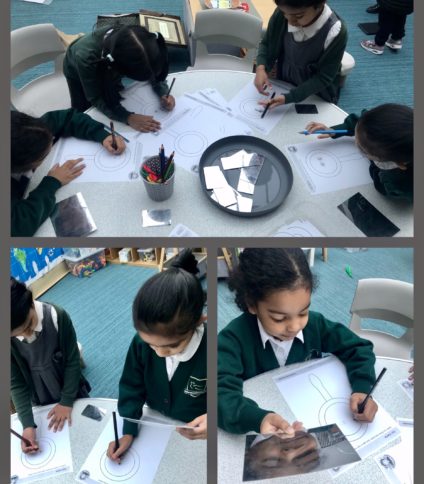

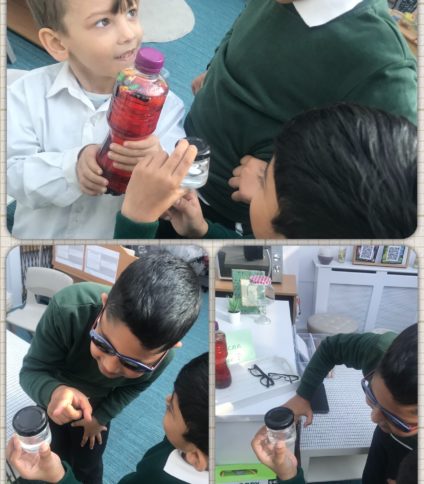

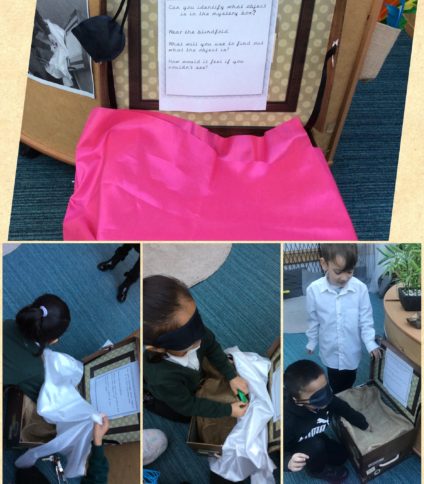

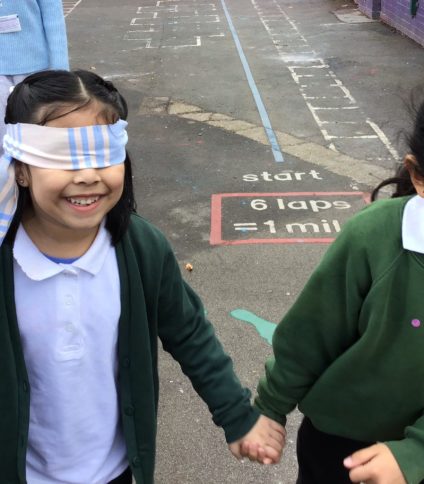

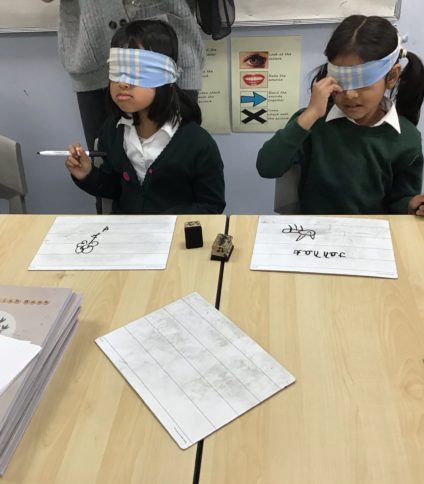

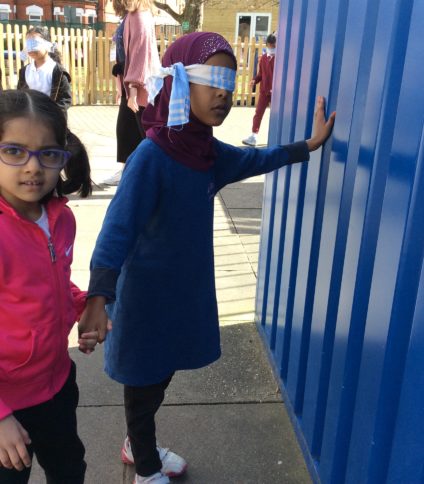

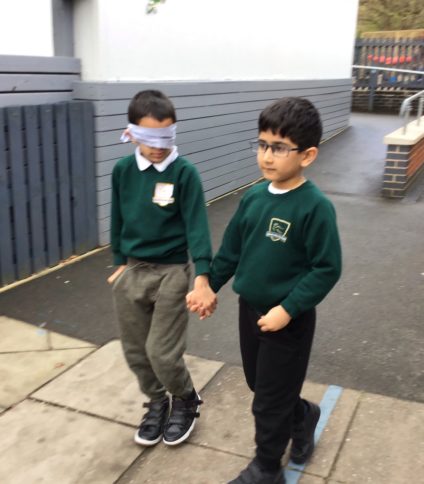

In orchids class we have been learning about the 5 senses and which body part we use for the senses. The children had to try and guess what they could feel, hear, smell and taste using their different senses.
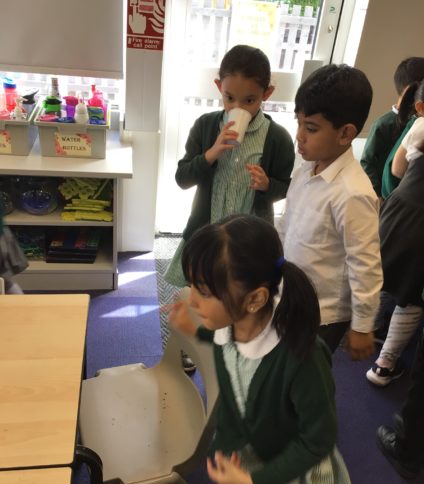

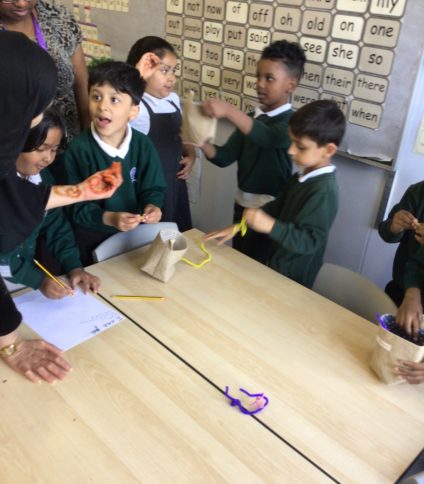

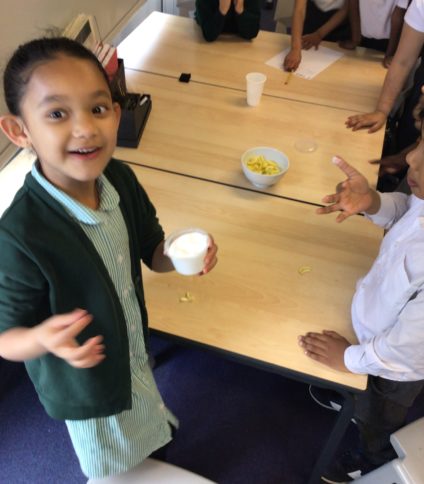

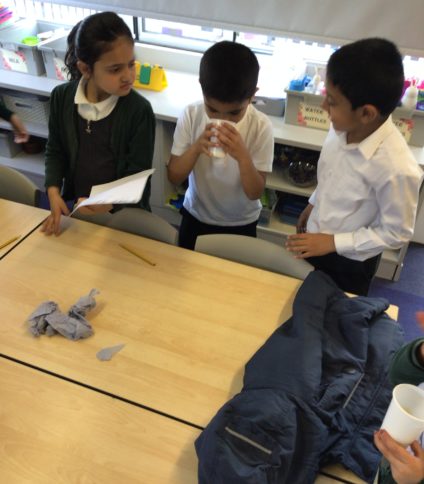

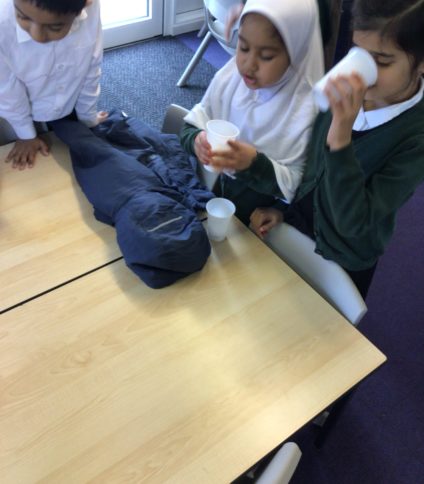

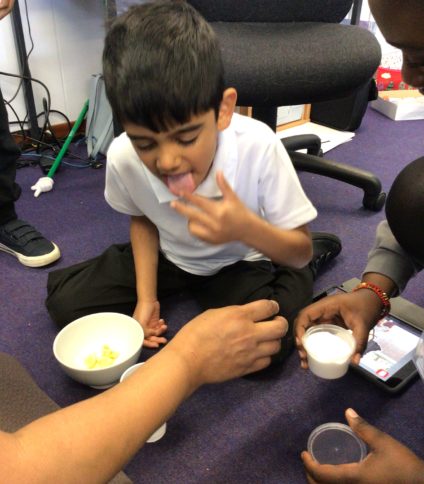

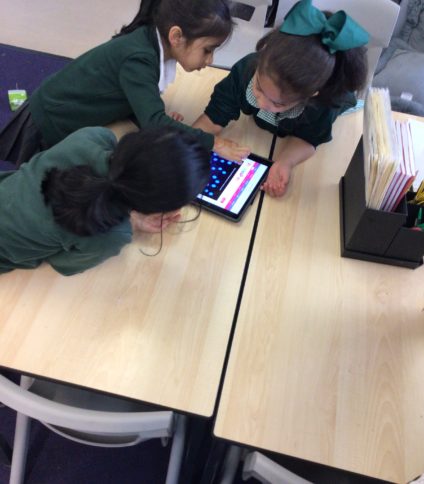

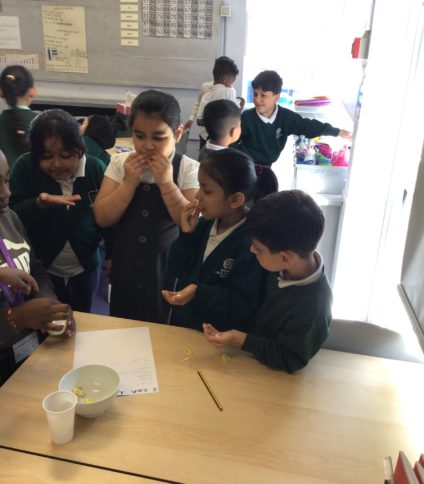

Biology – Planting
The year 1 children have looked after seeds by watering them to help them grow. They checked to make sure the soil didn’t get too dry. The seeds have started to sprout and we can see some tiny leaves!
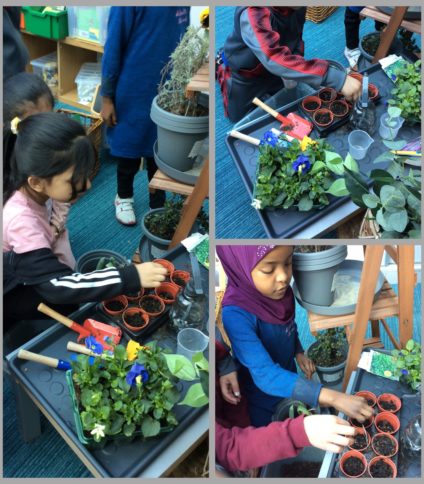

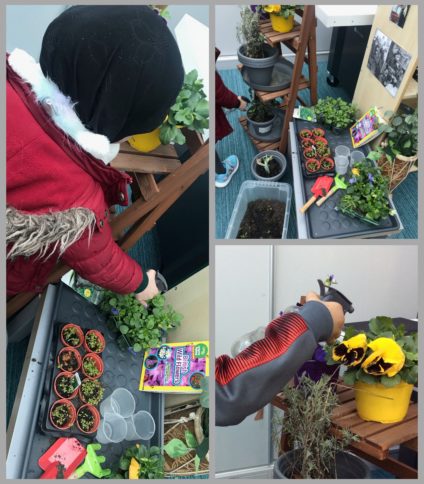

Materials
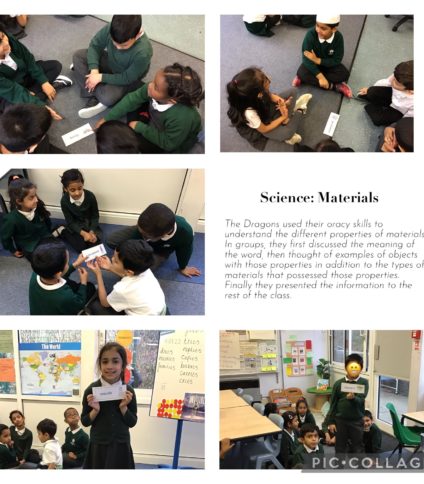

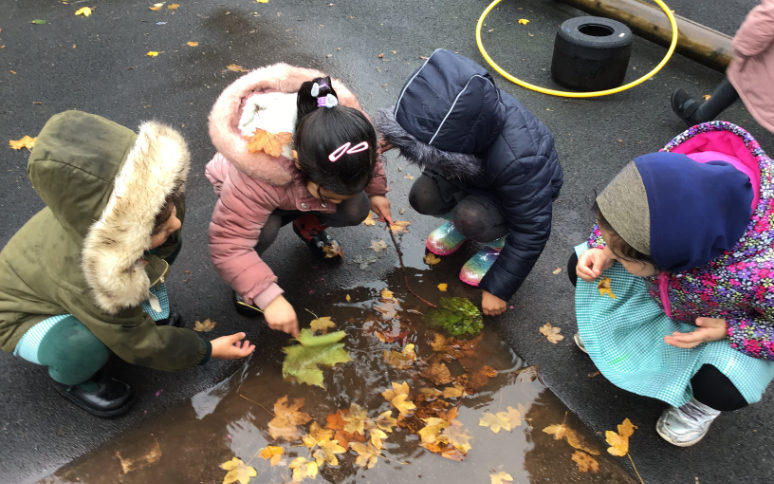
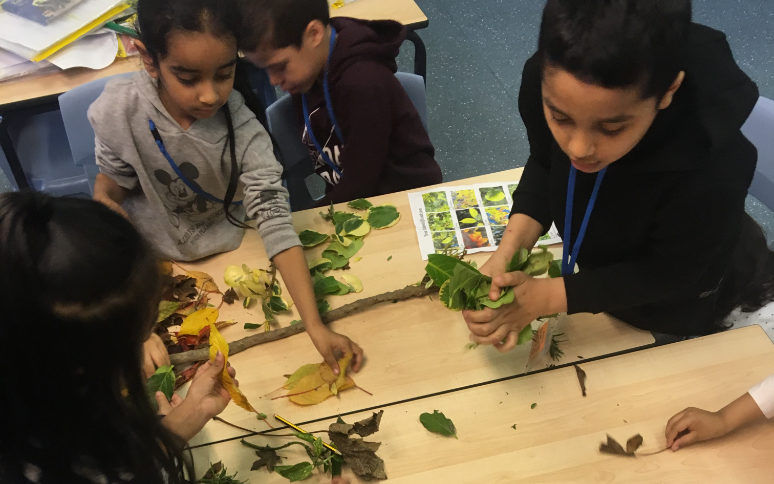
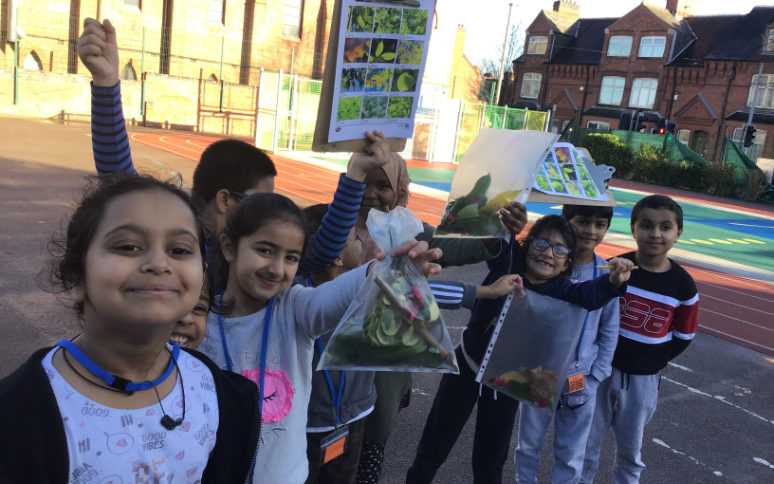
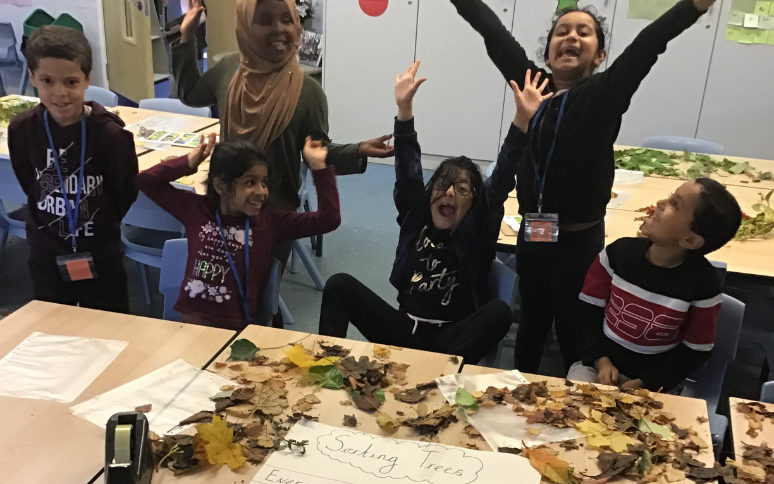
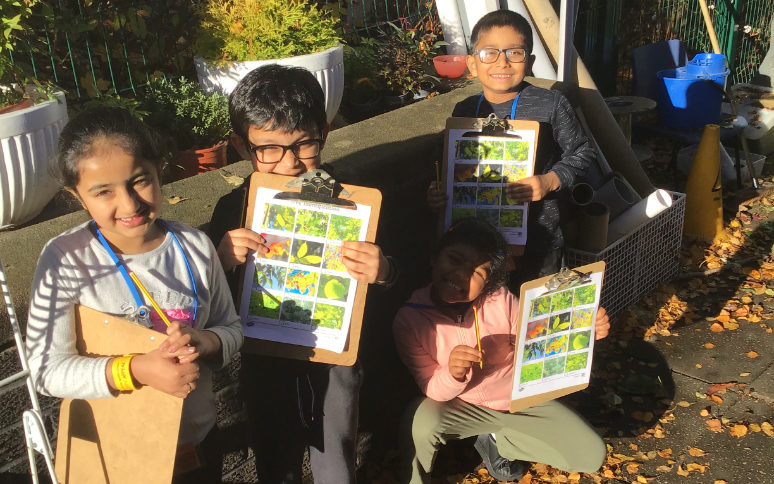
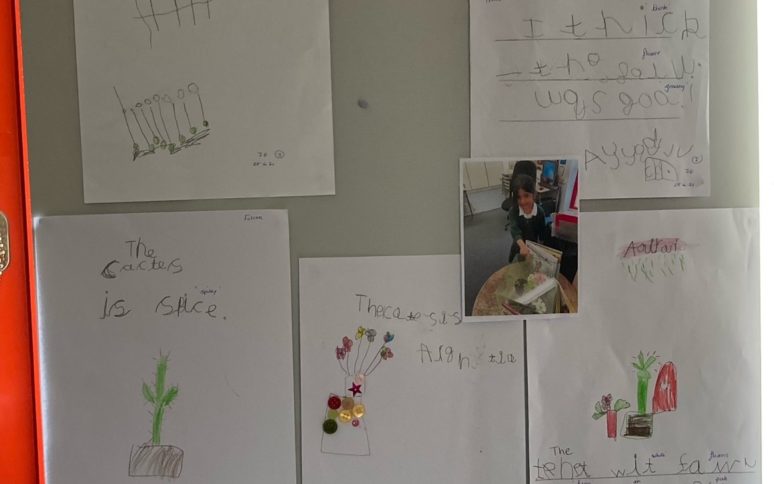
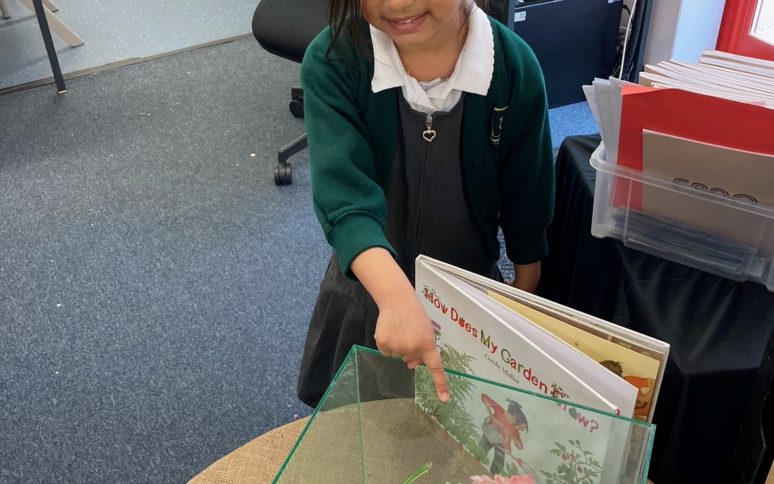
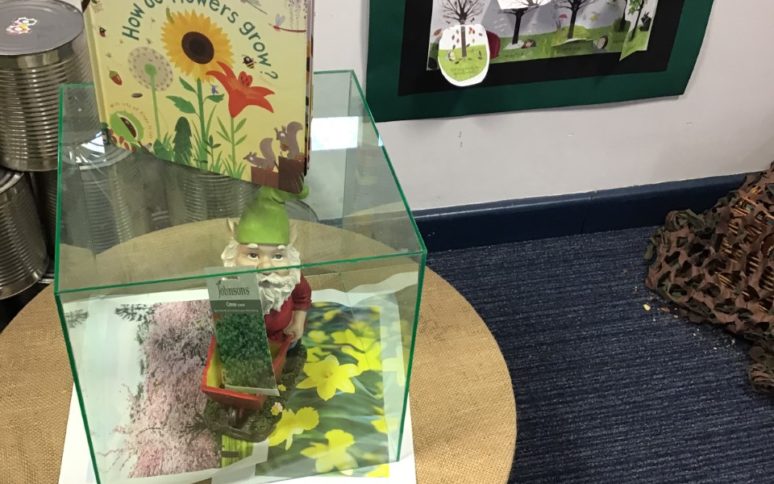
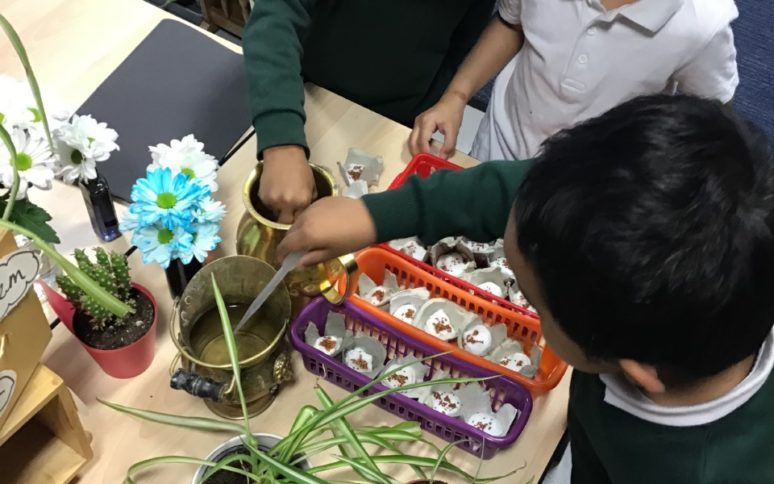
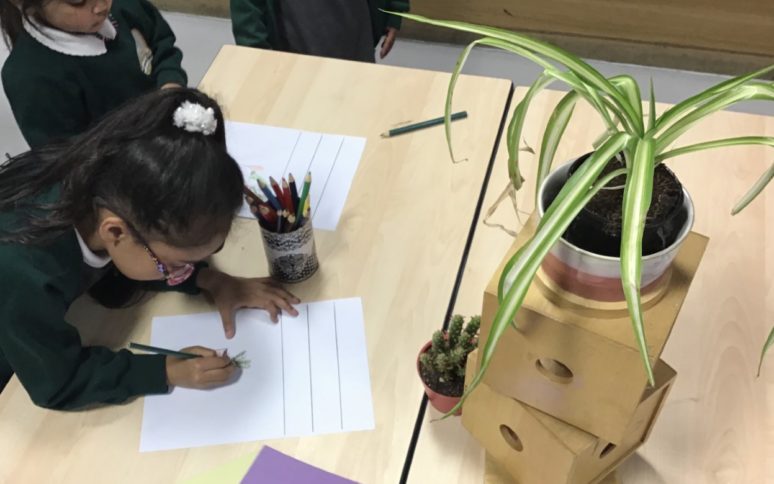
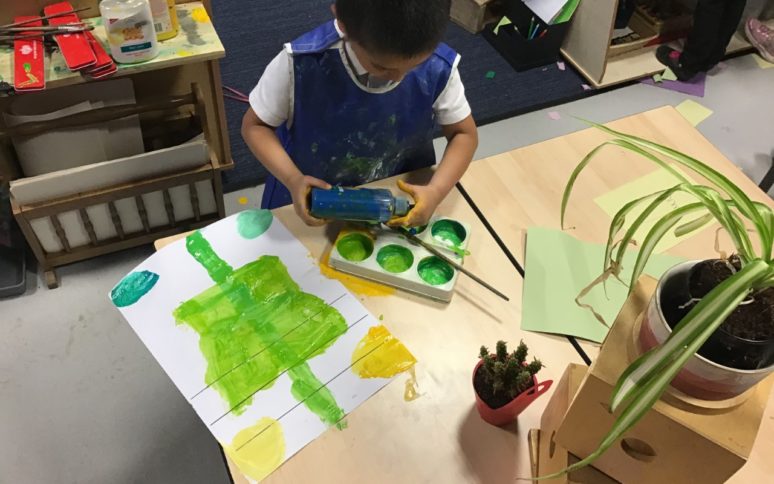
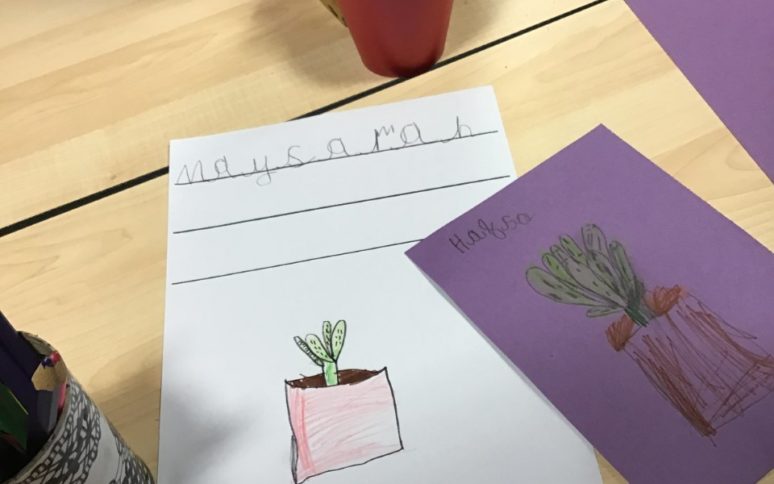
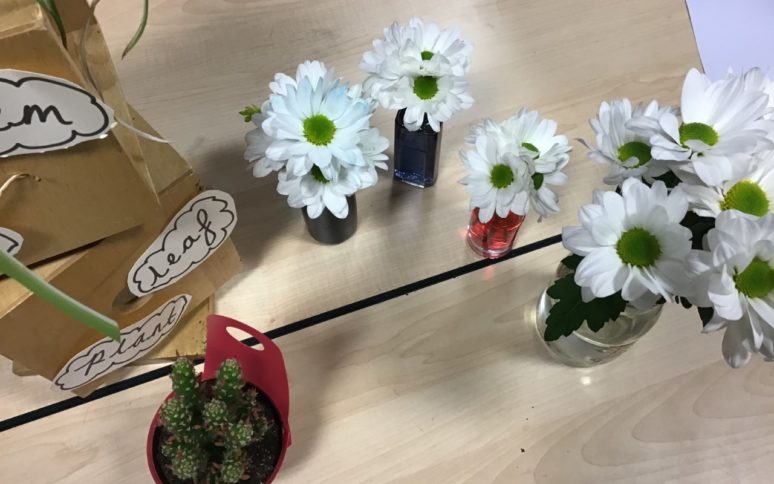
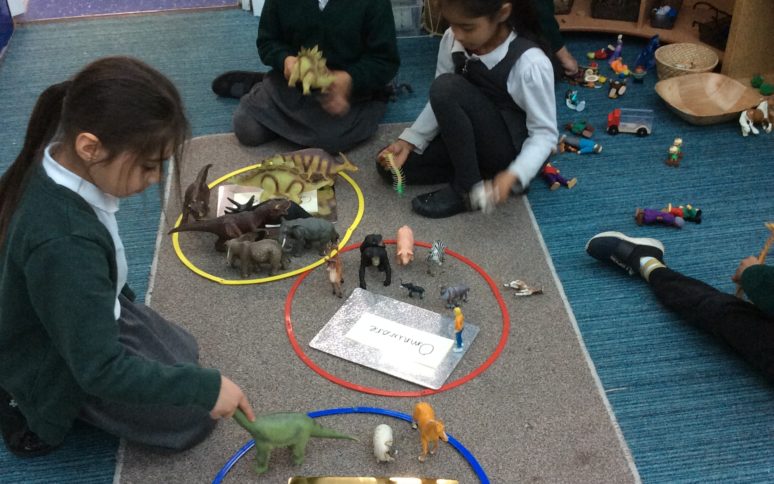
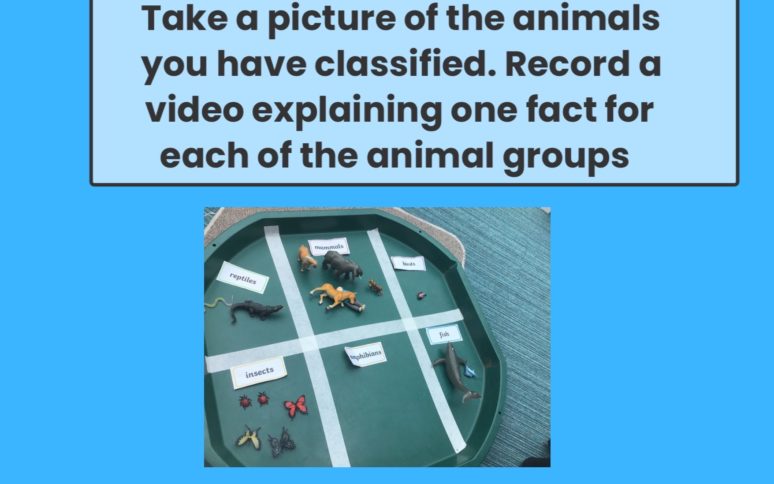
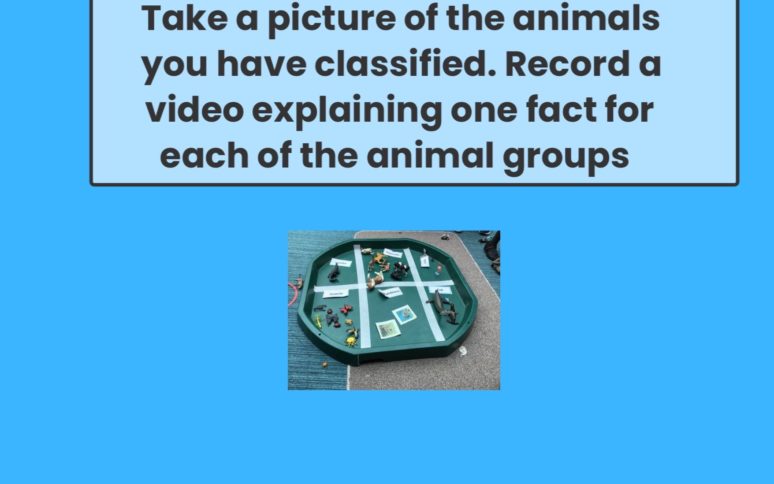
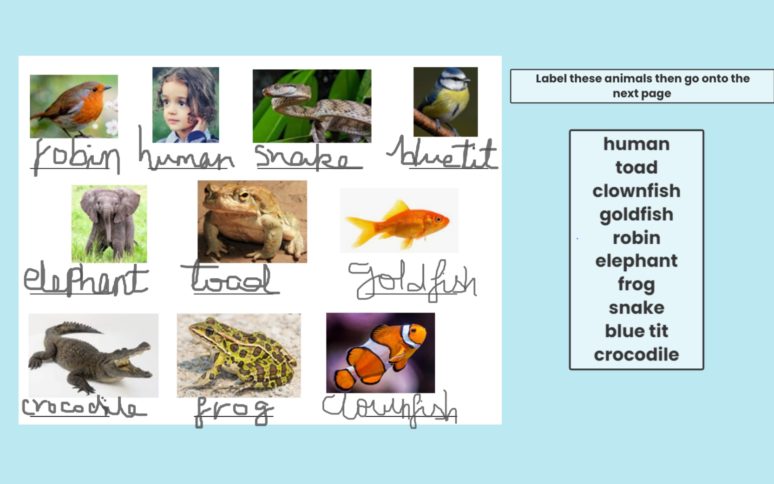
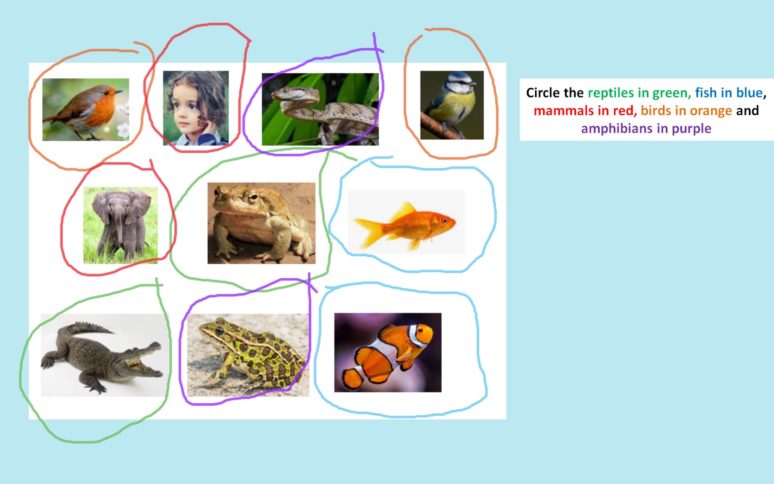
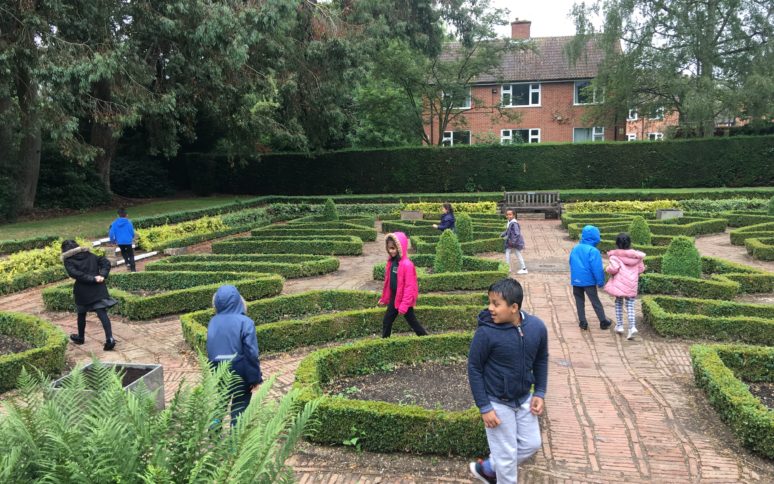
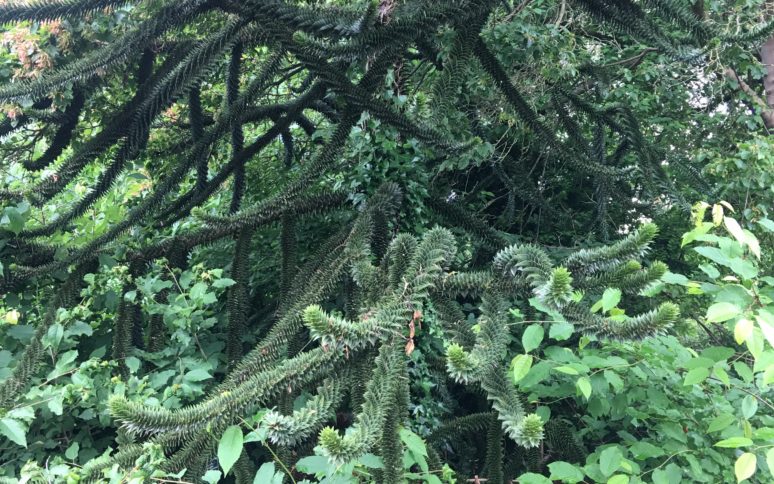
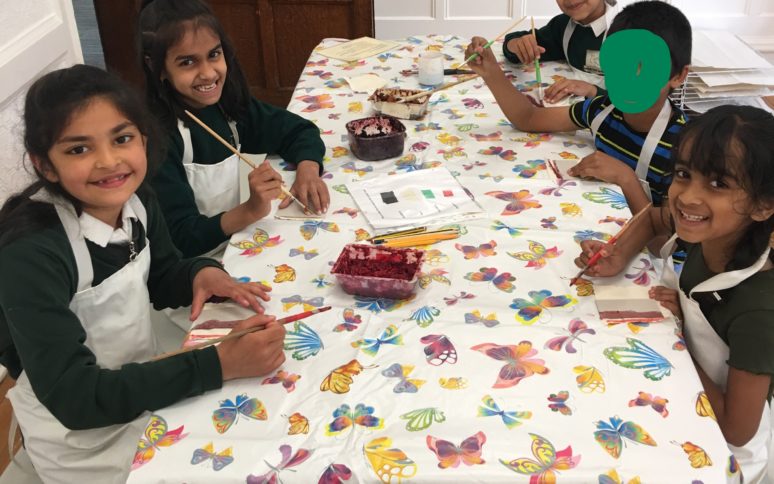
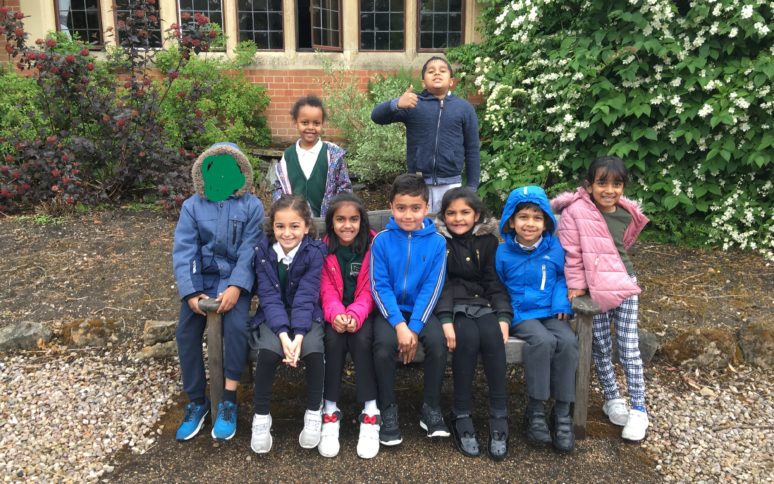
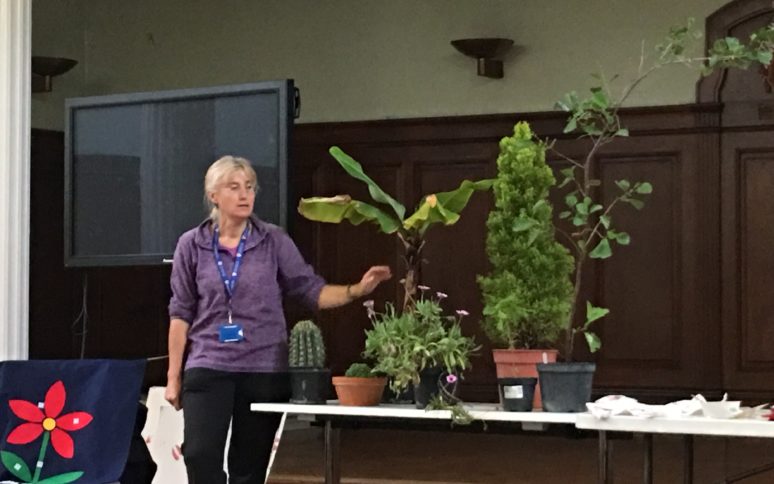
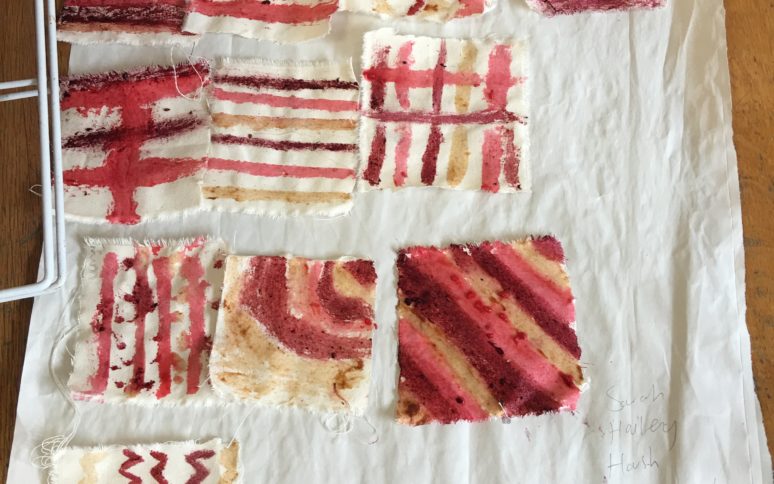
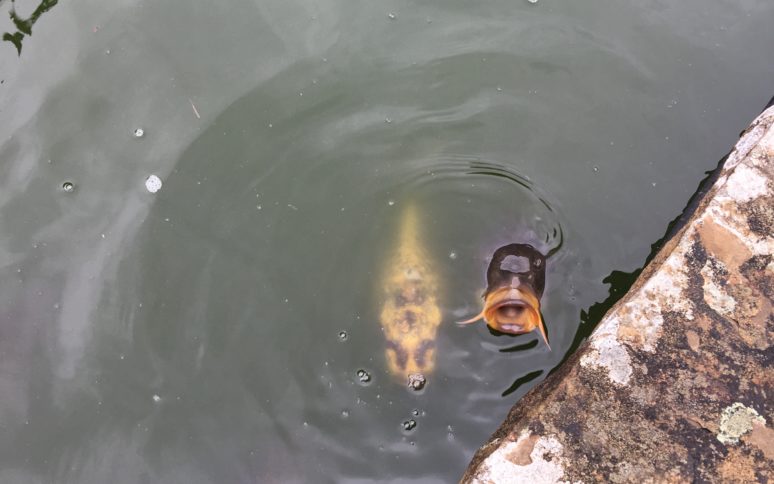
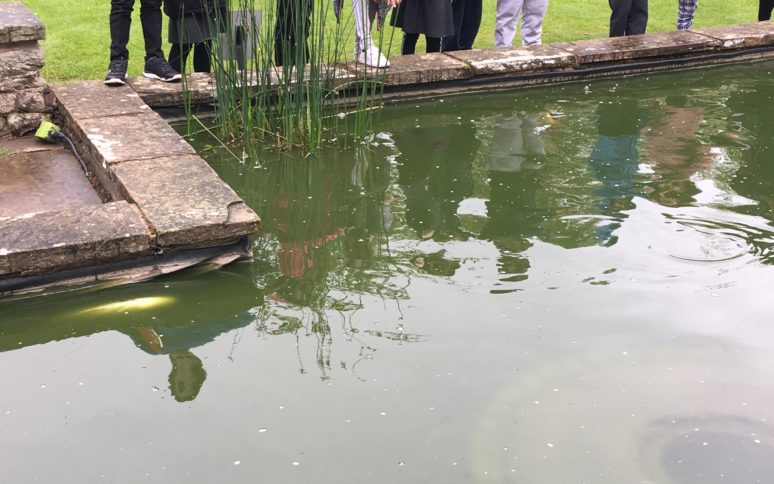
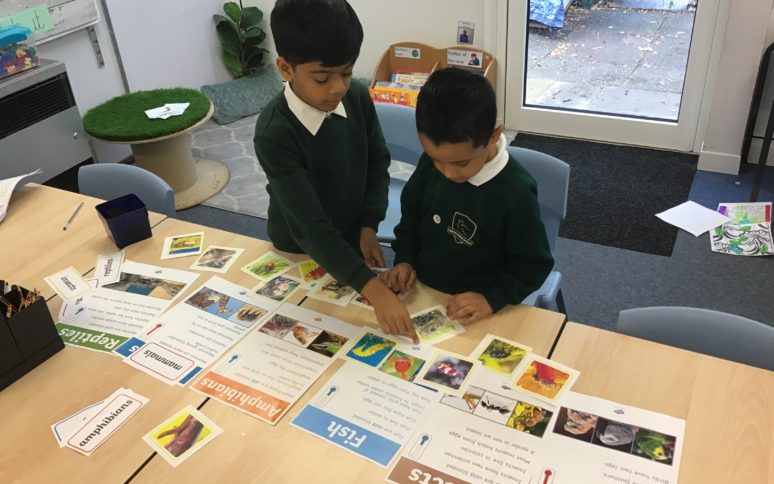
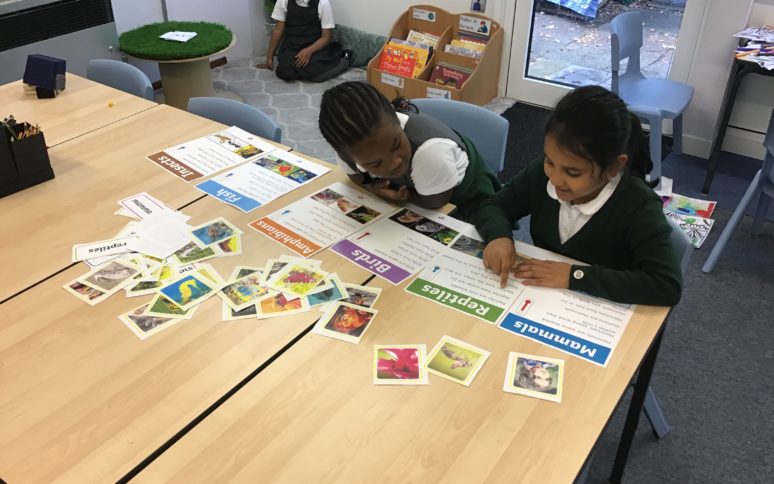
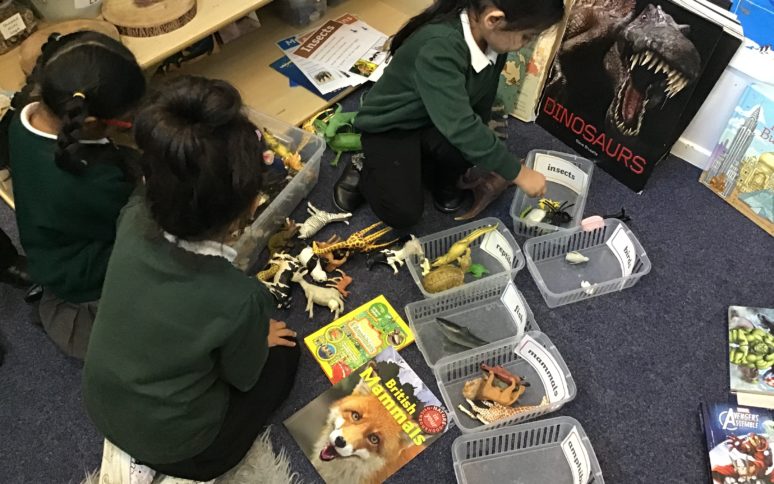
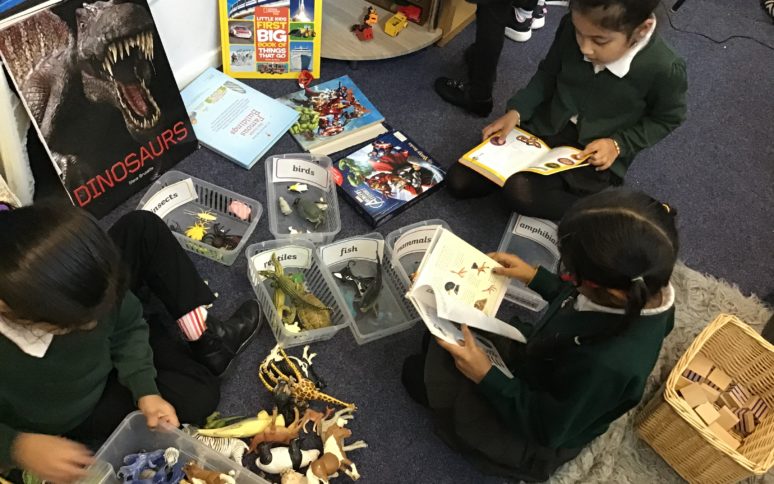
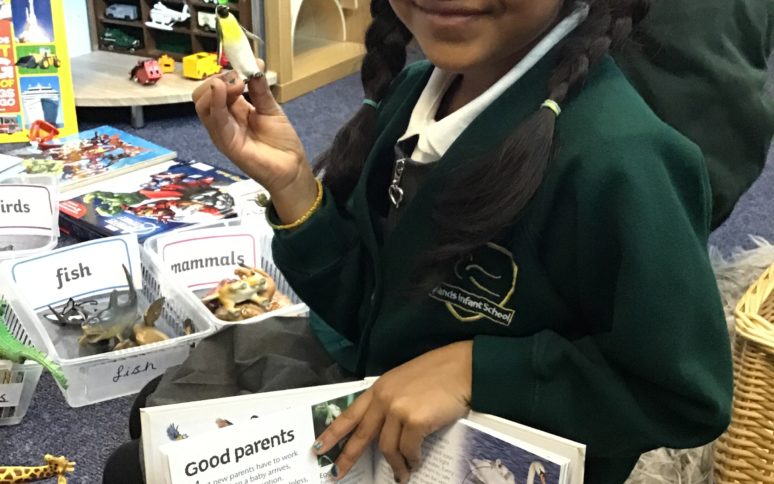
Nursery and Reception
Cbeebies Animals
Cbeebies Dinosaurs
Seasons
Cooking
Cooking activities
- Making toast
- Making Jelly
- Making rice crispy cakes
- Baking bread
- Making ice lollies
Local parks
Farm and Zoos
Museums
- Hungry caterpillar
- Dear Zoo
- Farmer Duck
- Tiddler
- Commotion in the Ocean
- Mad about Minibeasts
- Rumble in the Jungle
- Mad about dinosaurs
- Barnyard Hullabaloo
Key Stage 1 - Plants
BBC Bitesize
- What does a plant need to grow?
- What plants can you find outside?
- What is the life cycle of a plant?
Primary Biology – YouTube
- Botanical Gardens
- Palmers Garden Centre
- The Kids Garden
- This website has lots of ideas on how to involve children with gardening, using their knowledge of plants
- Go on a plant hunt
- The Tiny Seed by Eric Carle
- Oliver’s Vegetables by Vivian French and Alison Bartlett
- A Seed Is Sleepy by Dianna Aston & Sylvia Long
- The Boy Who Grew Dragons by Andy Shepherd
- The Vegetables We Eat by Gail Gibbons
- Ten Seeds by Ruth Brown
- Wangari’s Trees of Peace: A True Story from Africa by Jeanette Winter
- Katie and the Sunflowers by James Mayhew
Key Stage 1 - Seasonal Changes
BBC Teach
- The Changing Seasons
- Why do we have seasons?
- The Seasons
- How Spring affects plants and animals
- How Autumn weather affects the behaviour of British animals and plants
BBC Bitesize
- What are Seasons?
- How the changing seasons affect hedgehogs
- Weather
- The resources on this site are aimed at children 7+, but with some help from an adult, they may be suitable for your child
- Sun safety tips
- Tree: Seasons Come, Seasons Go by Patricia Hegarty
- Autumn/ Winter/ Spring/ Summer (Thinking About the Seasons) by Clare Collinson
- The Rhythm of the Rain by Grahame Baker-Smith
- Storm by Sam Usher
- Secrets of Winter by Carron Brown
- Elmer and the Rainbow by David McKee
- The Wind Blew by Pat Hutchins
- Froggy Day by Heather Pindar
- Lila and the Secret of Rain by David Conway
- The Snowflake Mistake by Lou Treleaven
- Little Cloud by Anne Booth
- Pumpkin Soup by Helen Cooper
- Tidy by Emily Gravett
- Snowballs by Lois Ehlert
- Lift-the-Flap Questions and Answers Weather by Katie Daynes
- The Weather Girls by Aki Delphine Mach
Key Stage 1 - Animals including Humans
NHS Food Facts
BBC Bitesize
- What is a balanced diet?
- Why is a healthy lifestyle important?
- What are mammals?
- What are amphibians?
- What are birds?
- What are fish?
- What are reptiles?
- What are minibeasts?
- What types of food do animals eat?
- The life cycle of animals
- What do animals need to survive?
Outstanding Science
- London Wetlands Centre
- Horniman Museum and Gardens
- Follow their Animal Walk and you’ll see alpacas, goats, guinea pigs, and more, with the chance to get up close. Inside, their excellent little aquarium plays host to shoals of fishes, along with colourful frogs and jellyfish. To top it all off, you can take a stroll through their butterfly house.
- Eureka!
- The National Children’s Museum in Halifax has an excellent primary gallery dedicated to the body and the five senses.
- London Zoo
- Paradice Wildlife Park
- Sea Life London Aquarium
- Woburn Safari Park
- Butterfly Farm
- The Big Cat Sanctuary
- Port Lympne Safari Park
- See Inside Your Body by Katie Daynes
- Animals and Their Young: How Animals Produce and Care for Their Babies by Pamela Hickman
- Lift the Flap Questions & Answers about your Body by Katie Daynes
- George’s Marvellous Medicine by Roald Dahl
- Demon Dentistby David Walliams
Key Stage 1 - Living things and their habitats
National Geographic Kids
BBC Bitesize
- A Day and Night in the Amazon Rainforest by Caroline Arnold
- Habitats (Moving up with Science) by Peter Riley
- I See a Kookaburra!: Discovering Animal Habitats Around the World by Steve Jenkins
- The Big Book of Beasts by Yuval Zommer
- The Big Book of the Blue by Yuval Zommer
- A First Book of Nature by Nicola Davies
- Wild Animals of the South by Dieter Braun
- Wild Animals of the North by Dieter Braun
- Actual Size by Steve Jenkins
- Don’t Let the Pigeon Drive the Bus! By Mo Willems
Key Stage 1 - Everyday Materials
- Exploring Materials: Wood, Plastic, Glass, Metal by Abby Colich
- New from Old: Recycling Plastic by Anthony Robinson
- Sheep to Jumper by Fiona MacDonald
- The Great Paper Caper by Oliver Jeffers
- Water: Exploring the Science of Everyday Materials by Jane Harris
- Everyday Materials (Ways into Science) by Peter Riley
- Let’s Look at Pebbles and Let’s Look at a Pubble by Angela Royston
- Rock (Materials), Water (Materials) by Harriet Brundle
- The Three Little Pigs by Nicola Baxter
